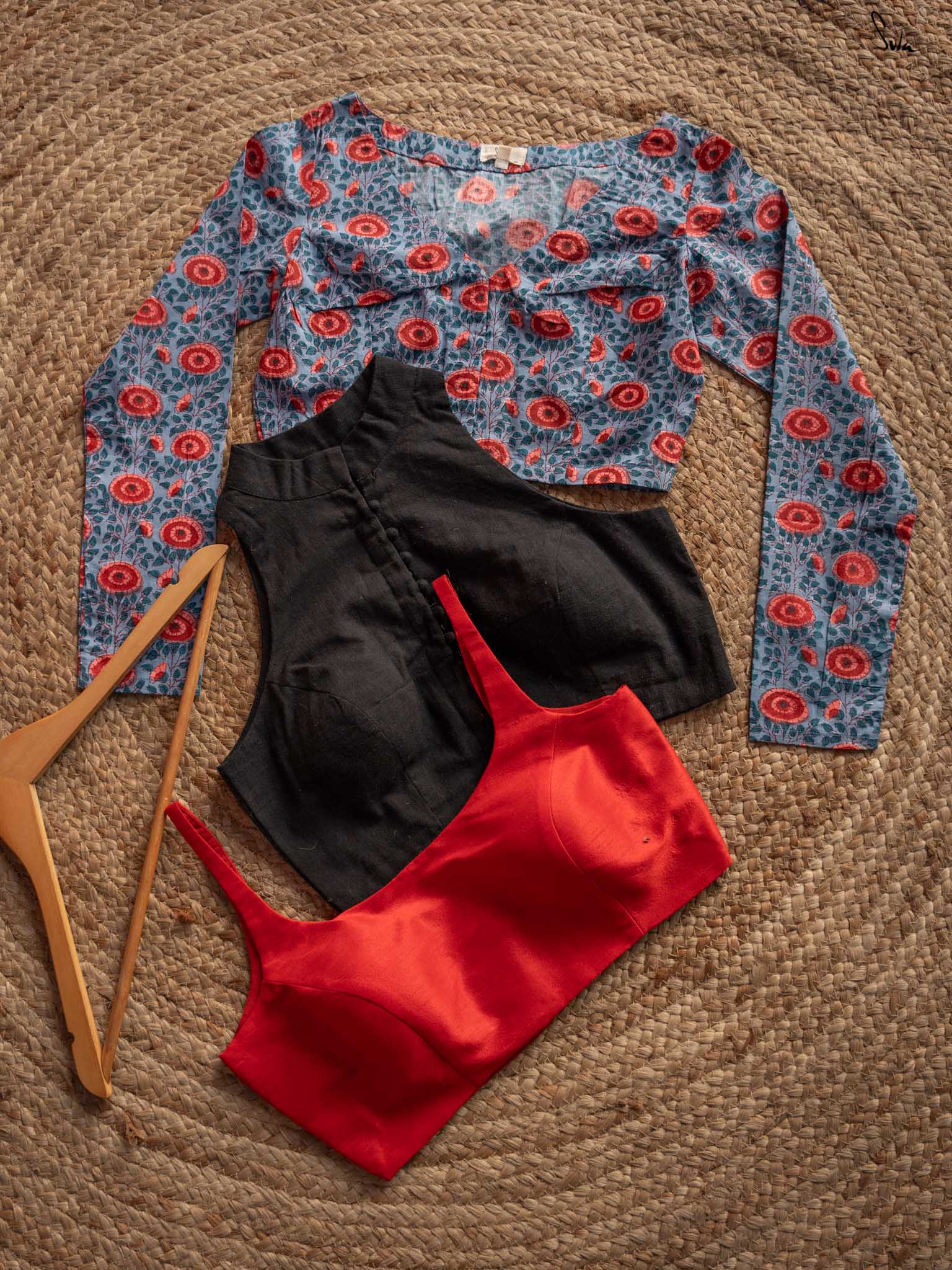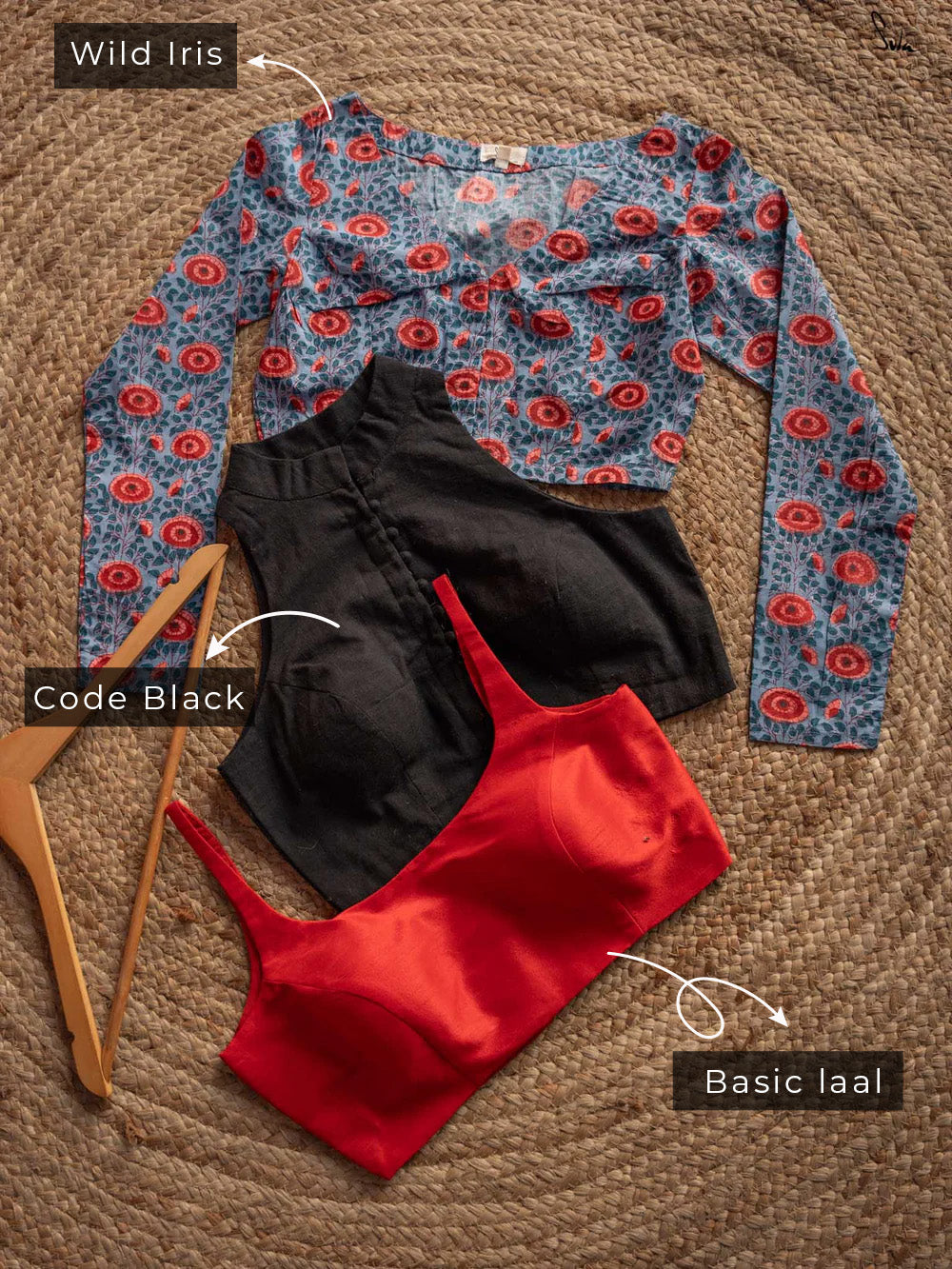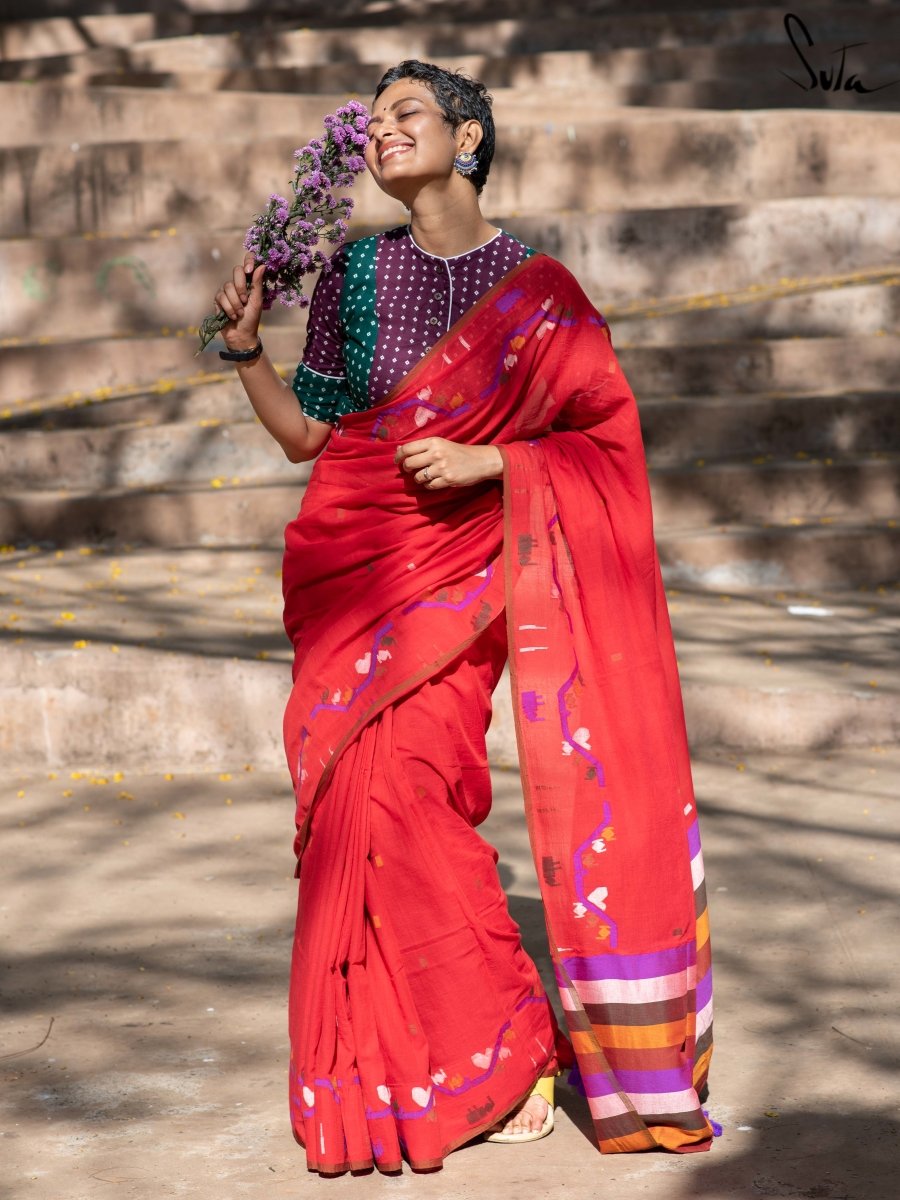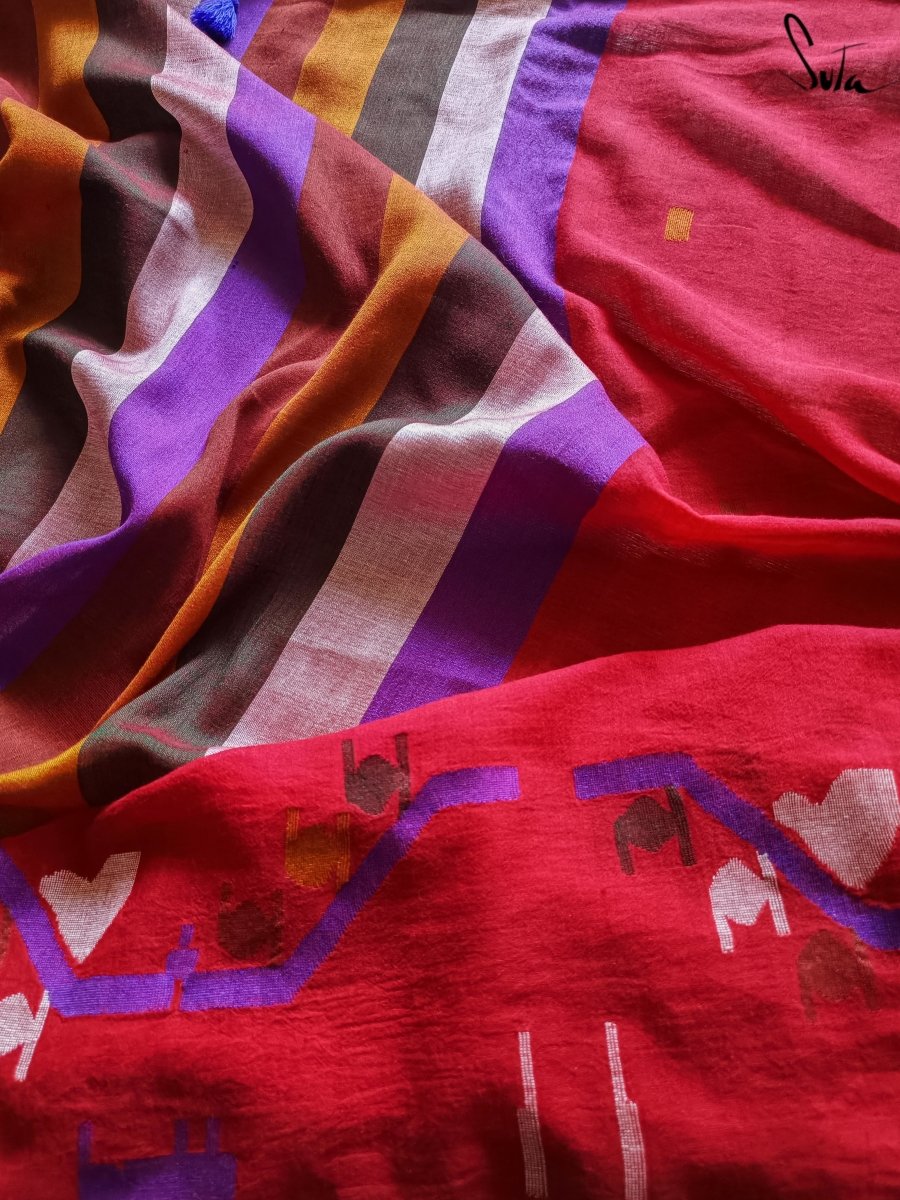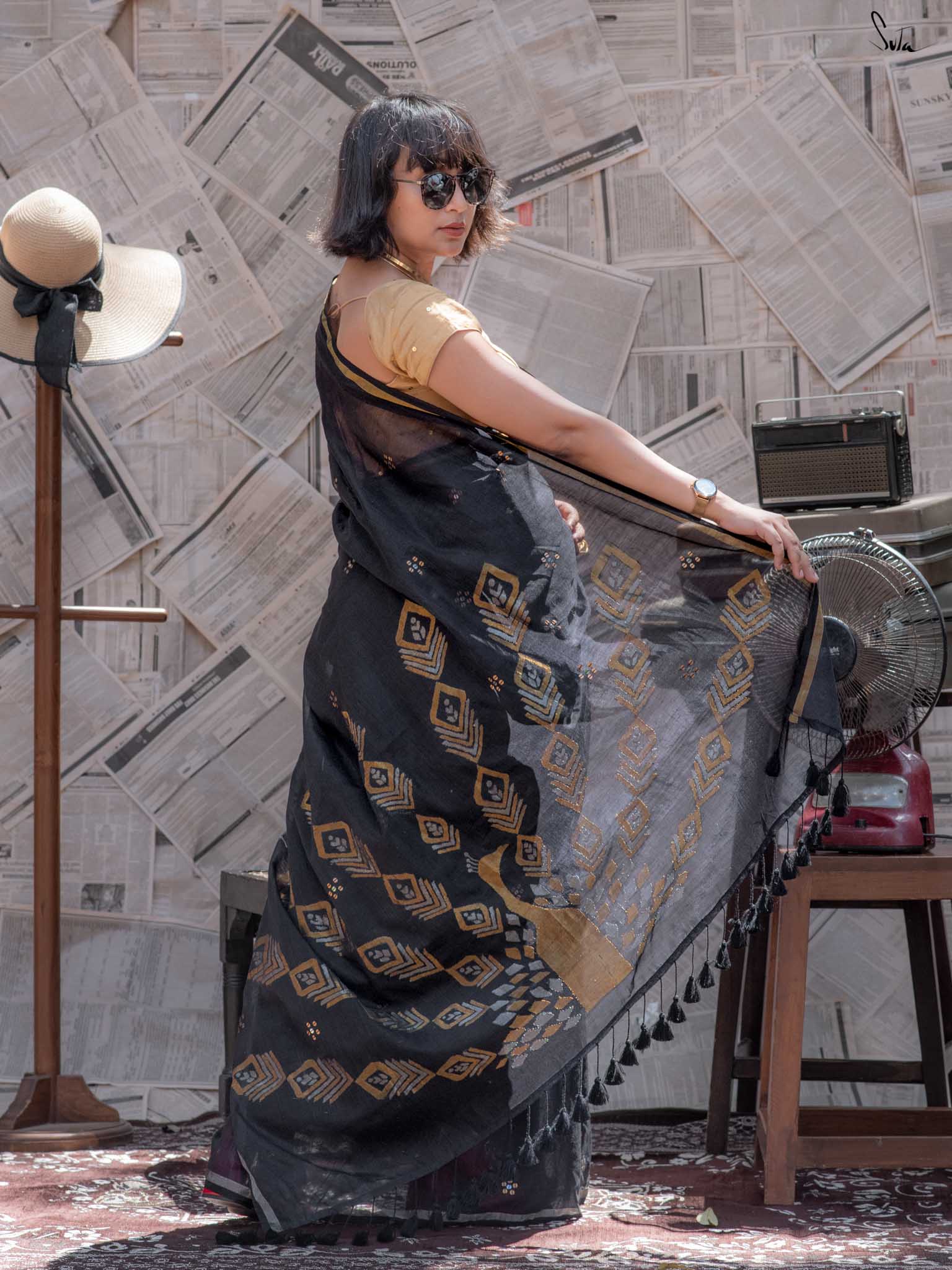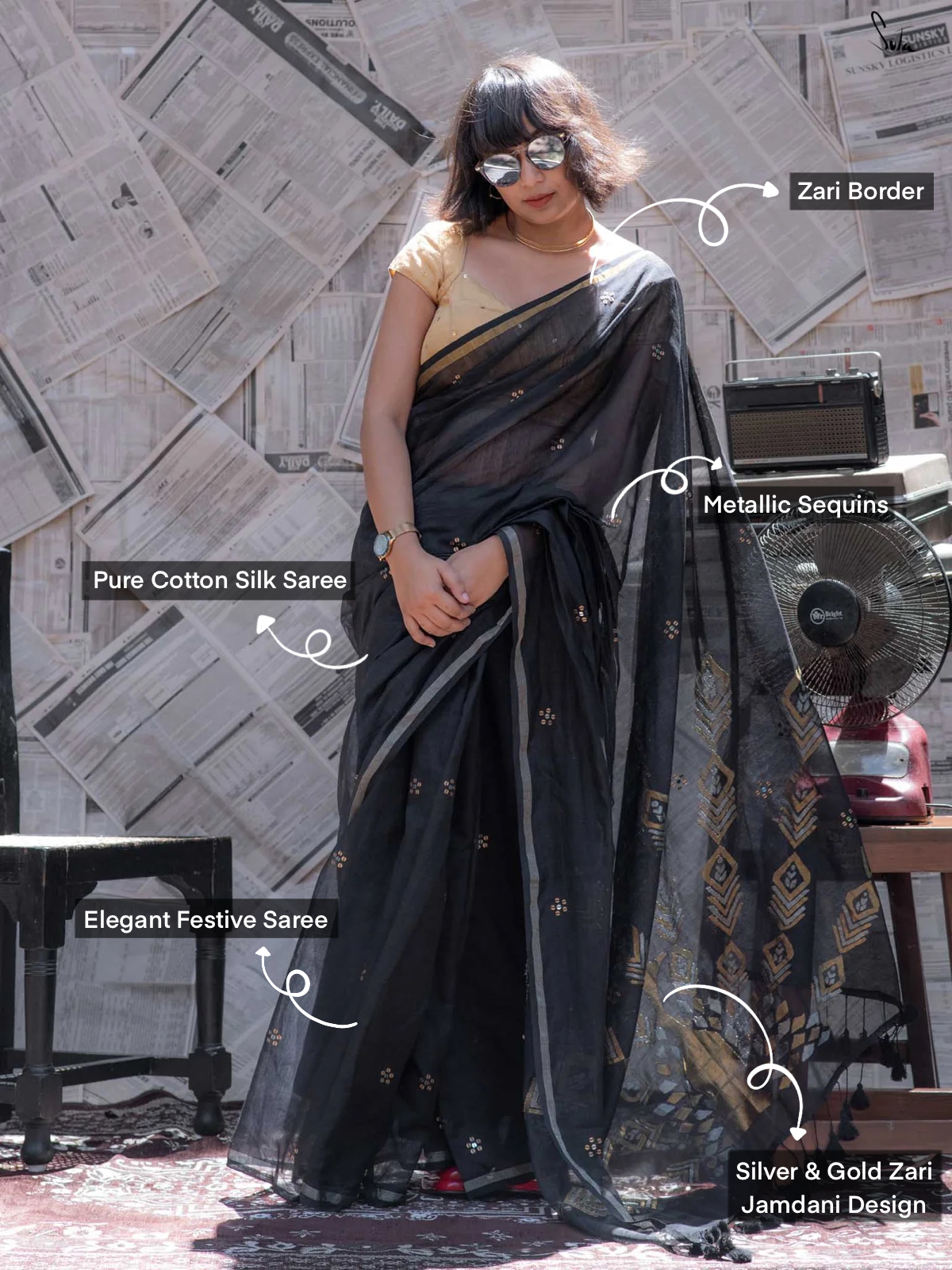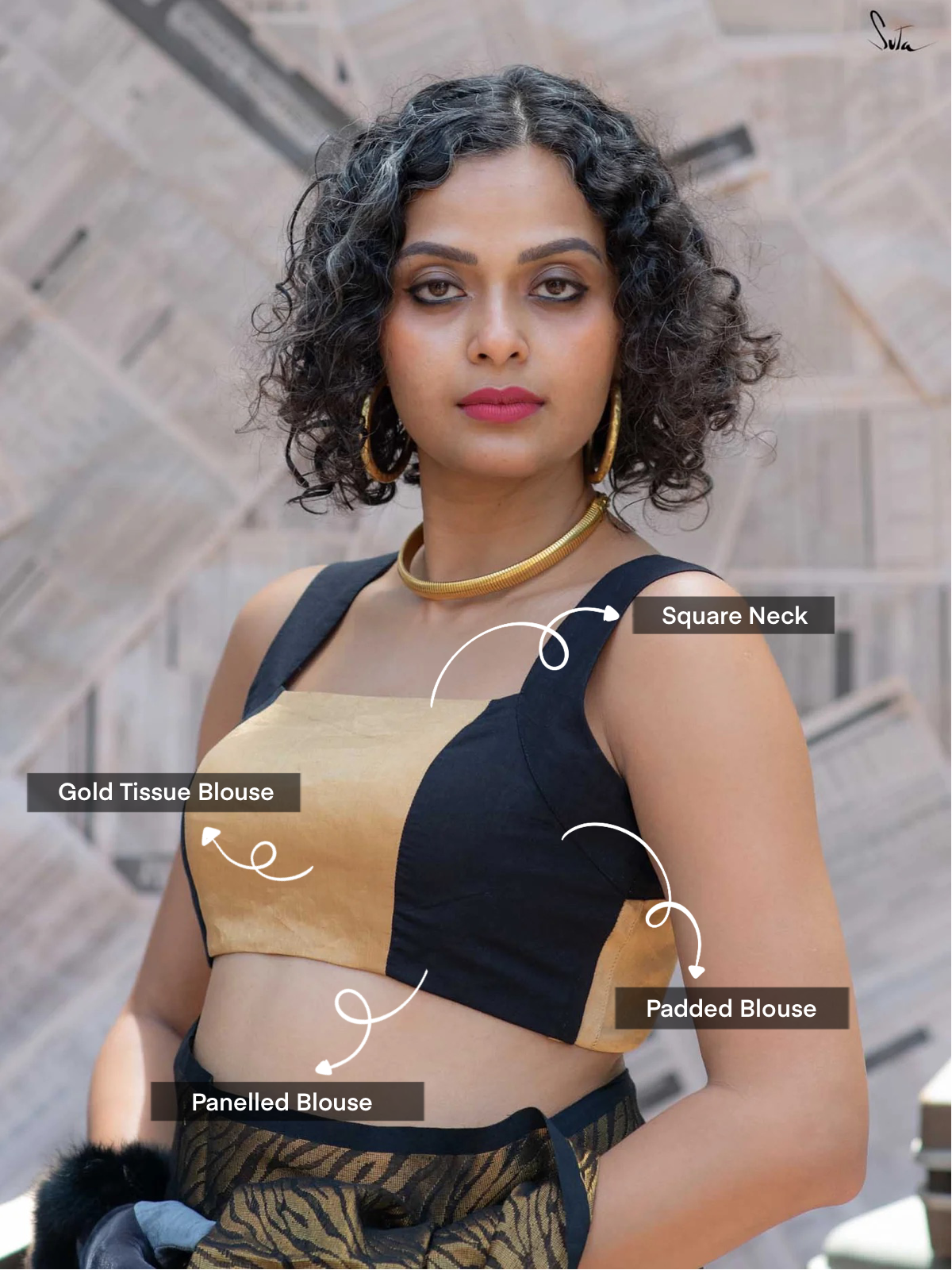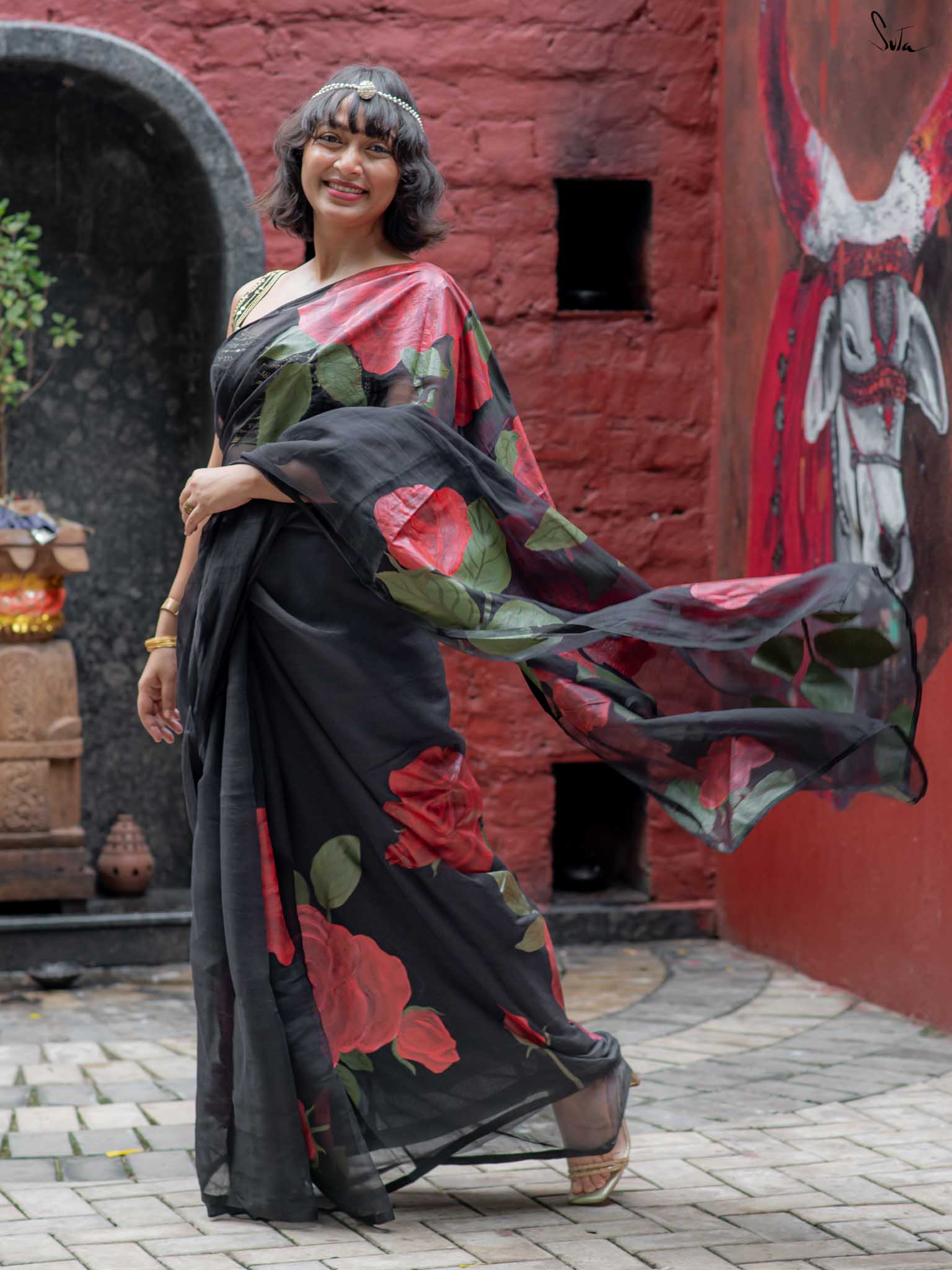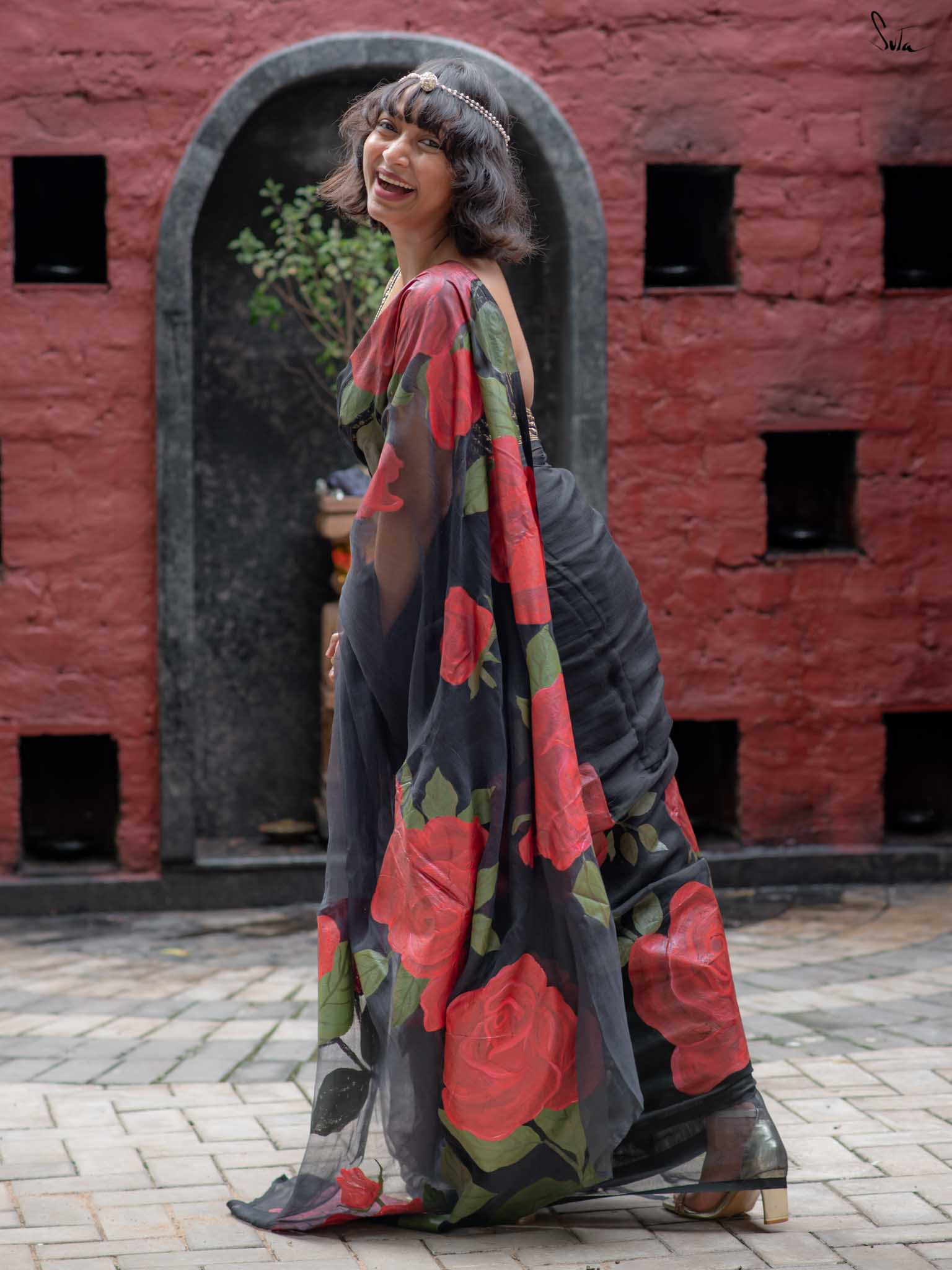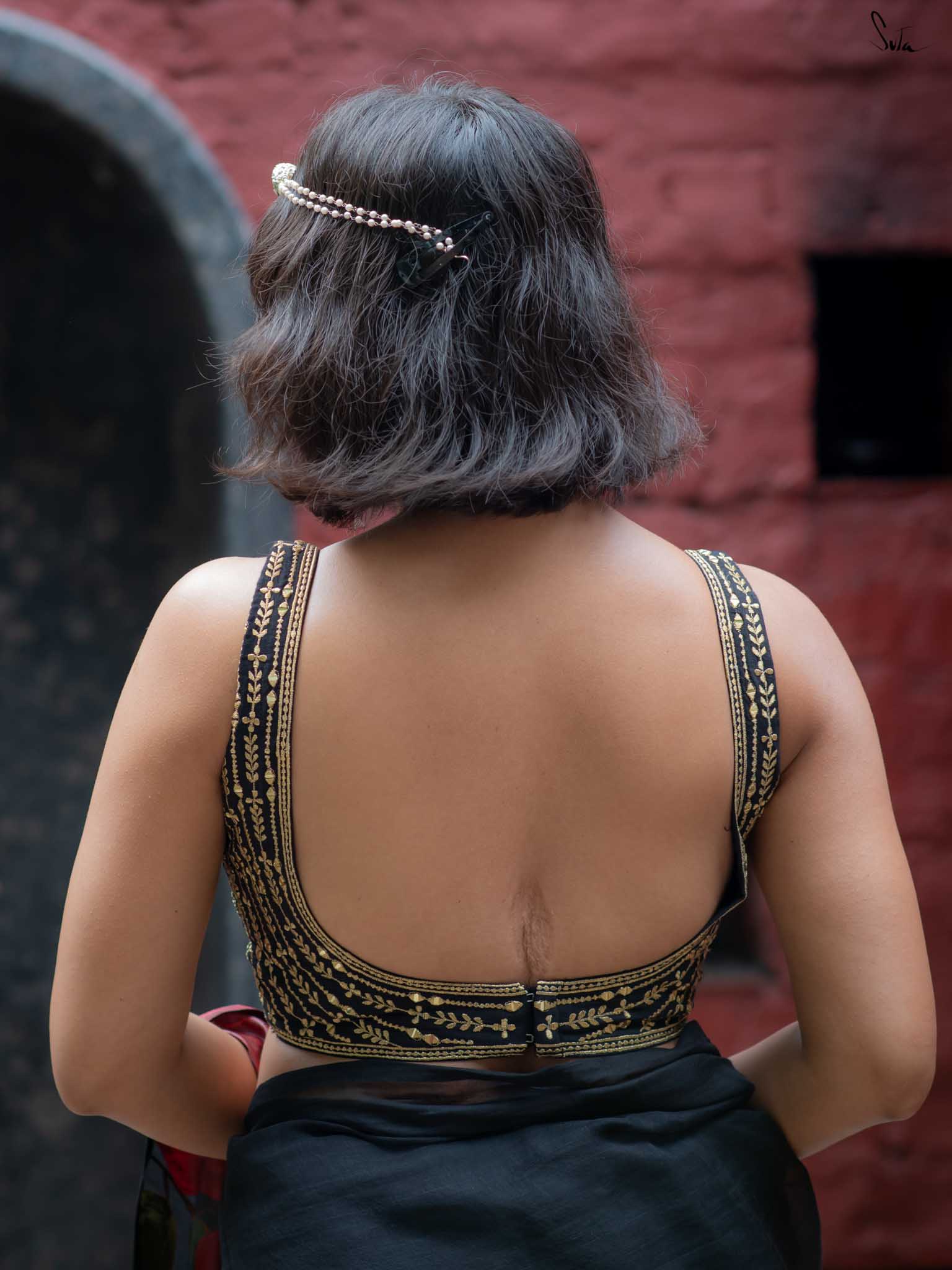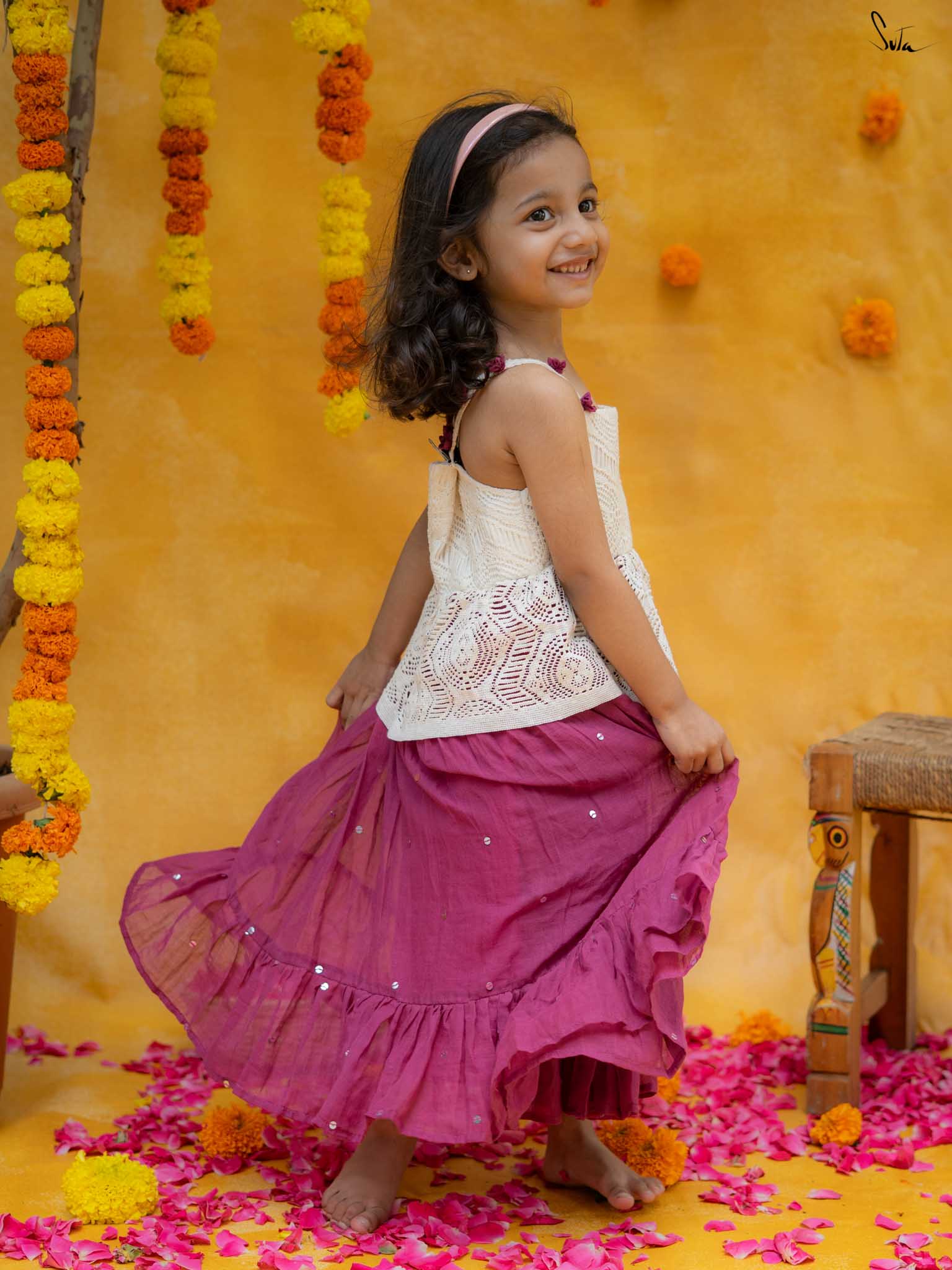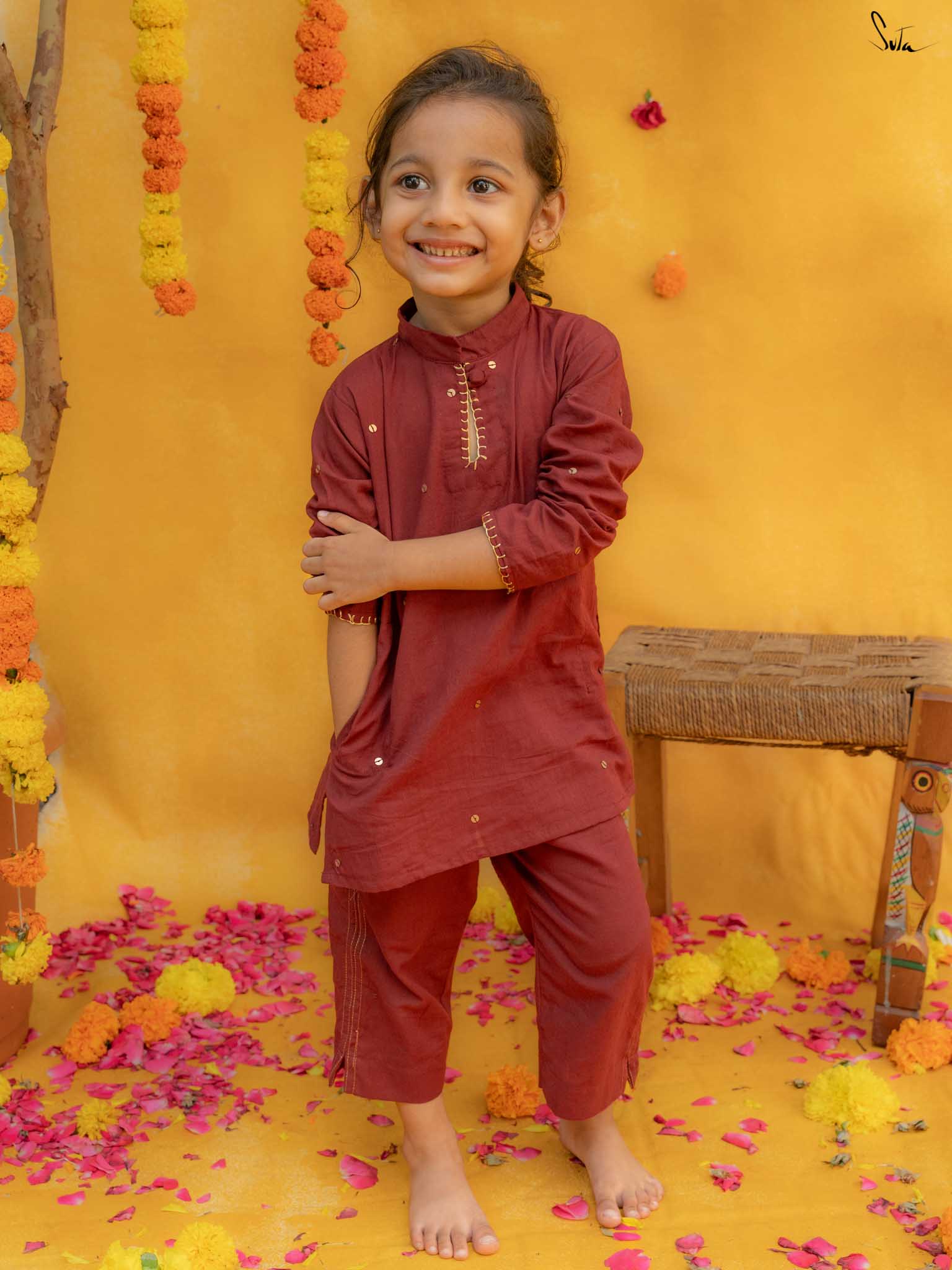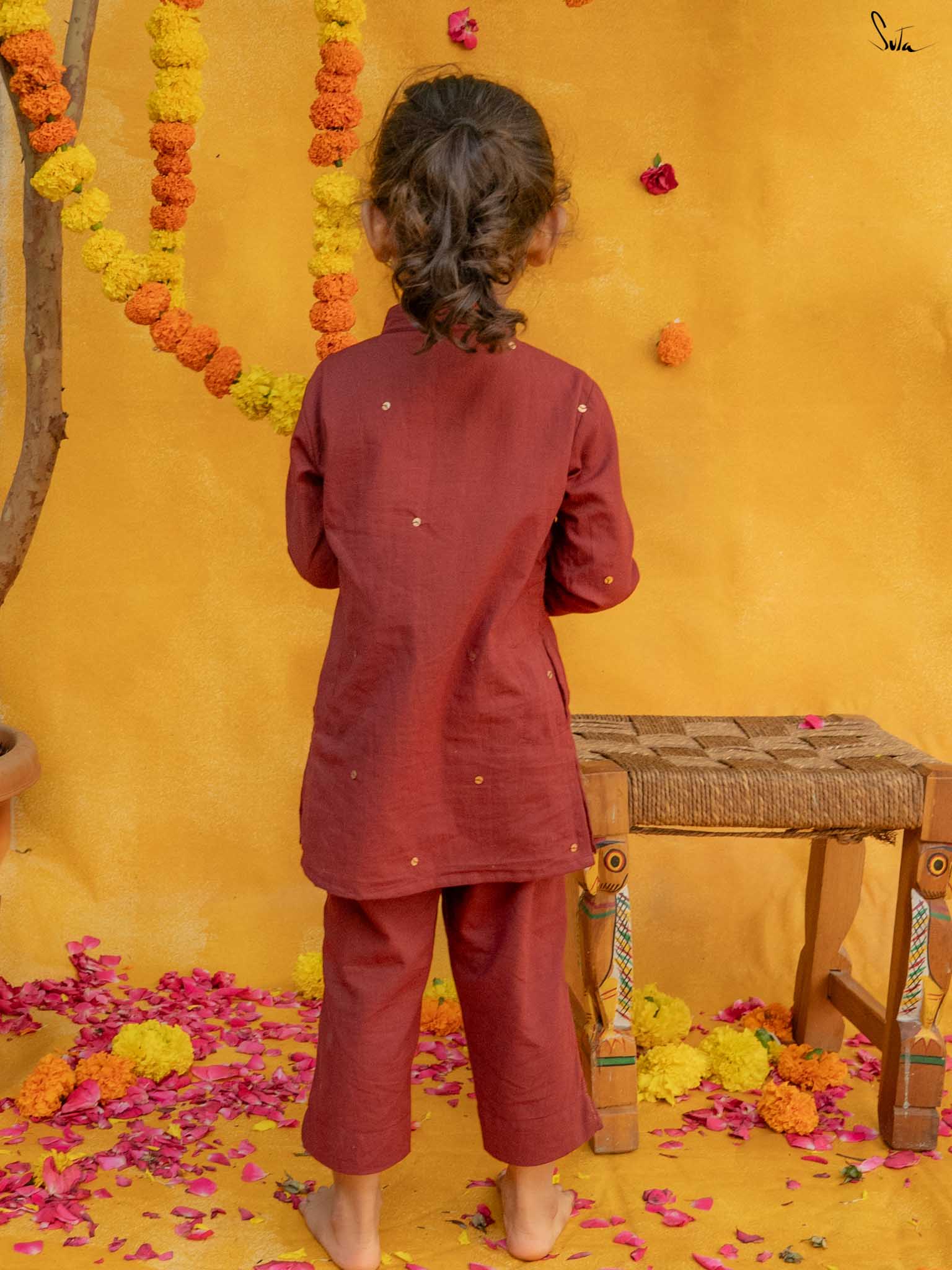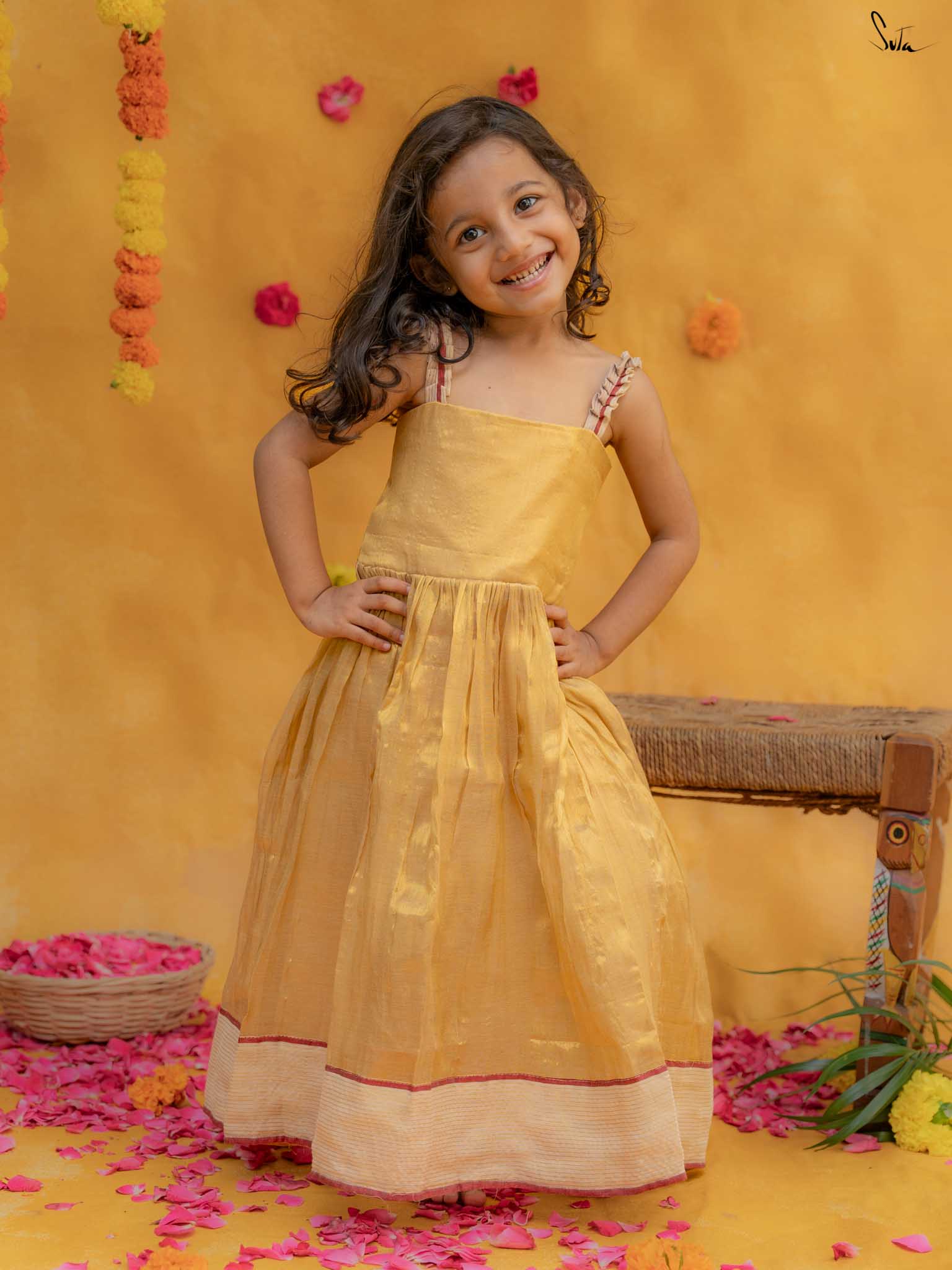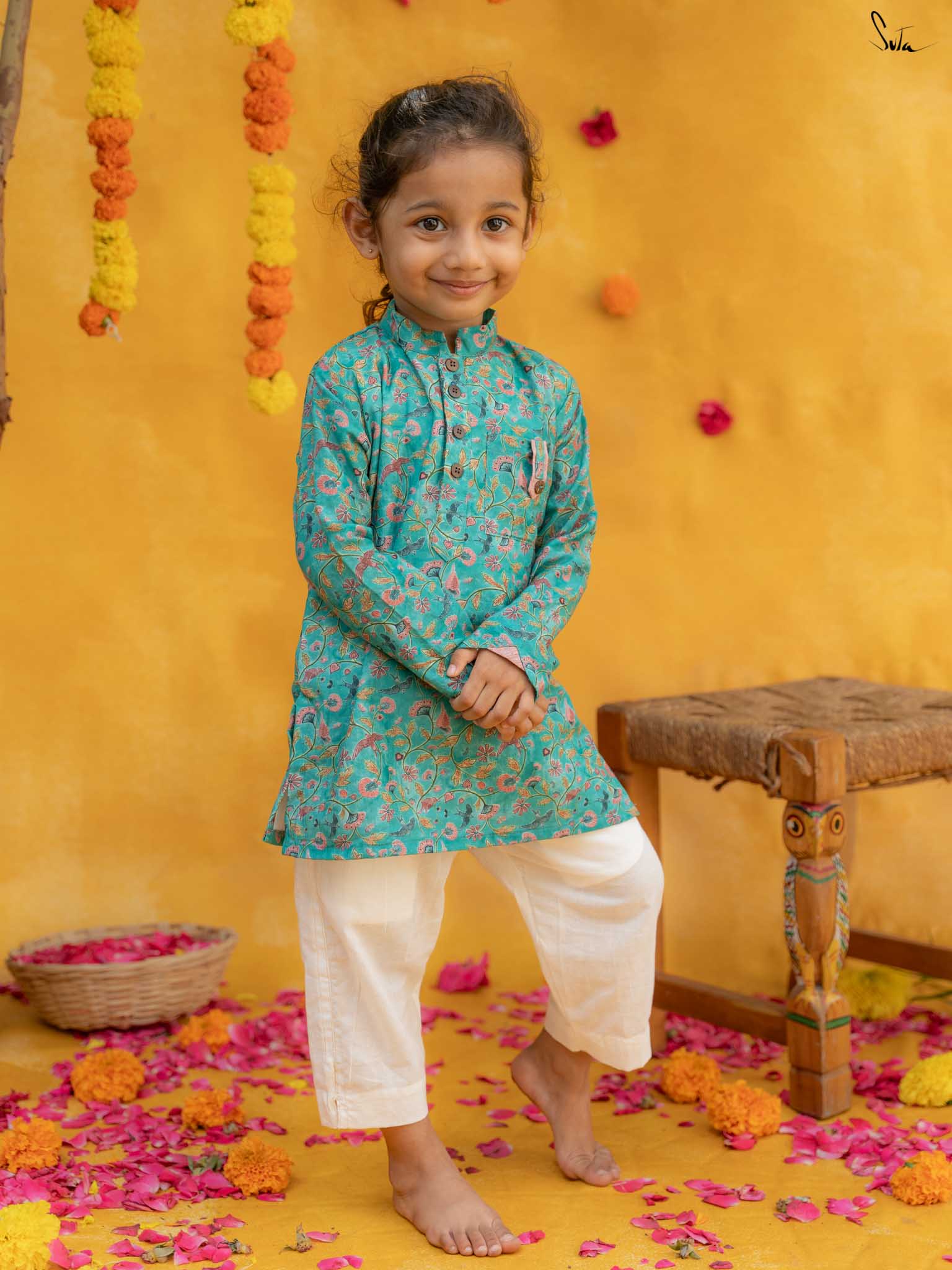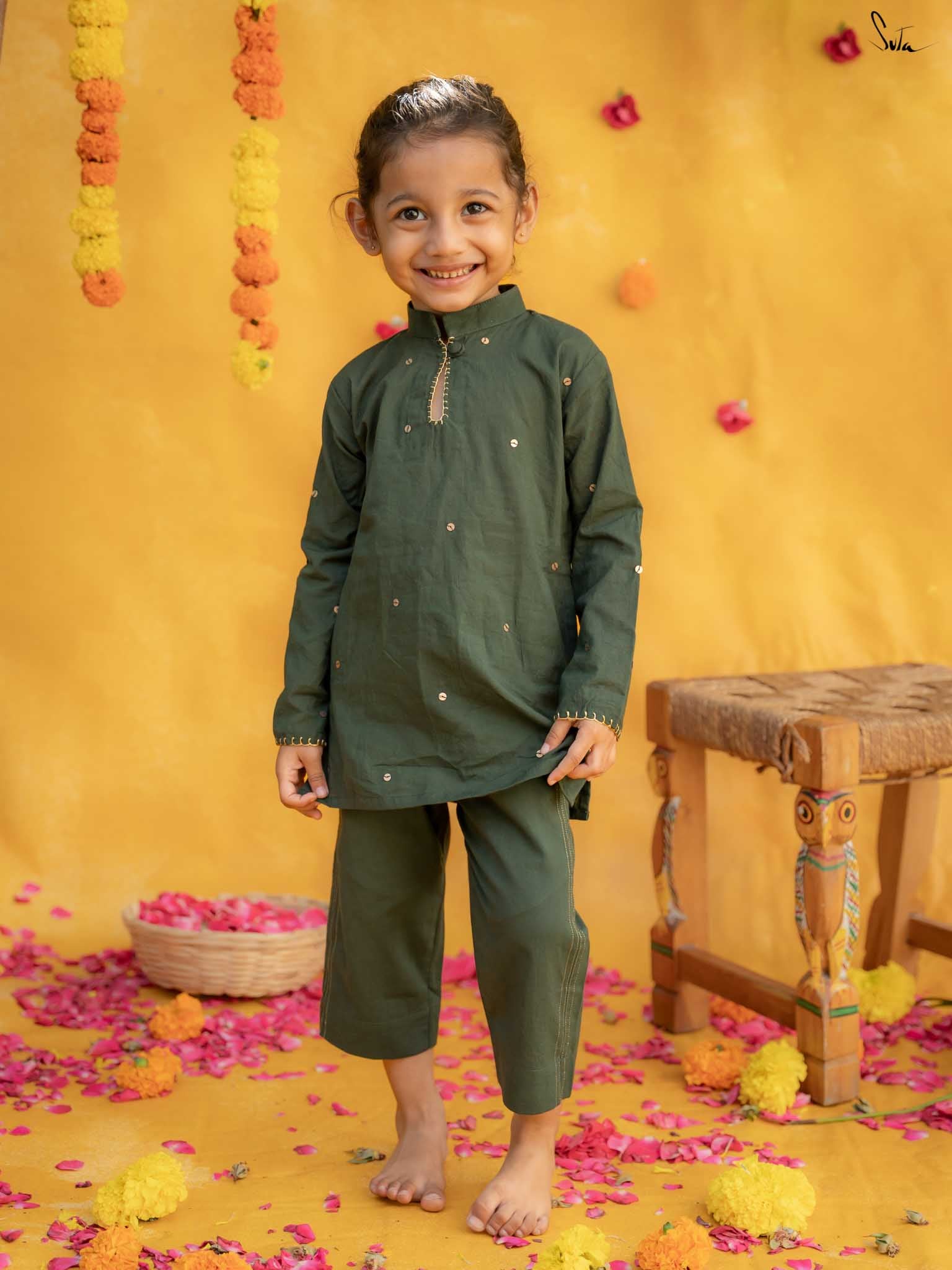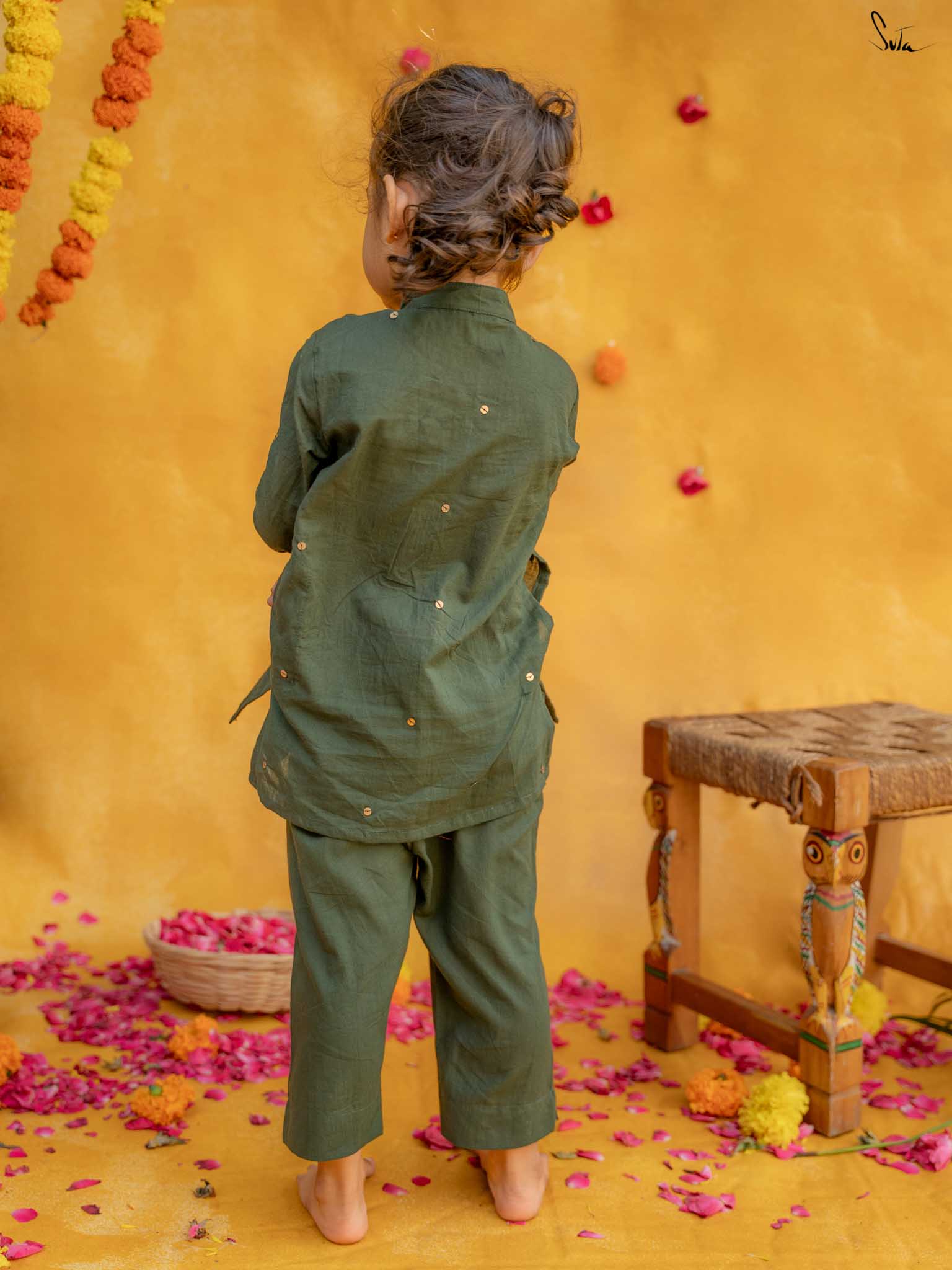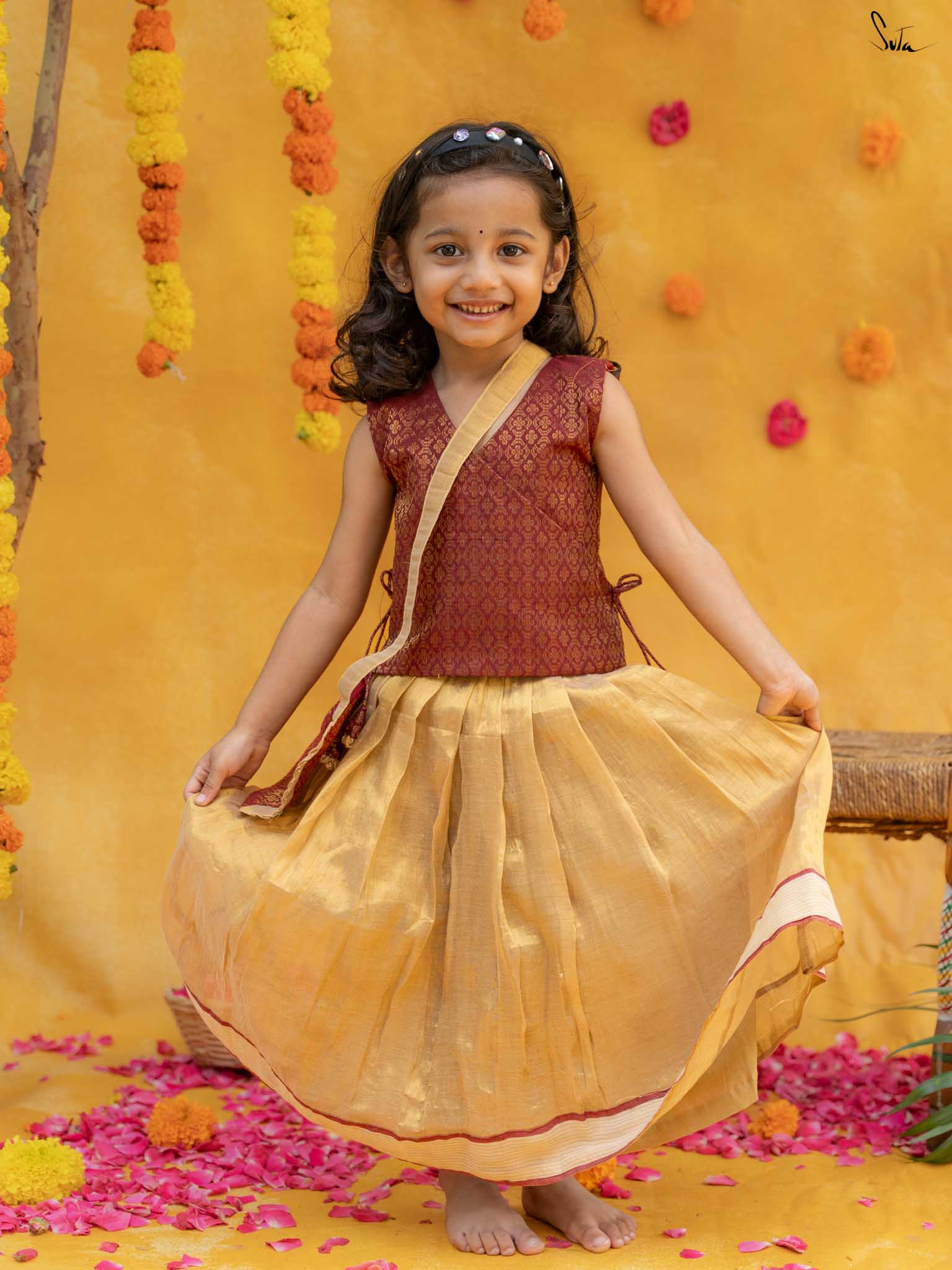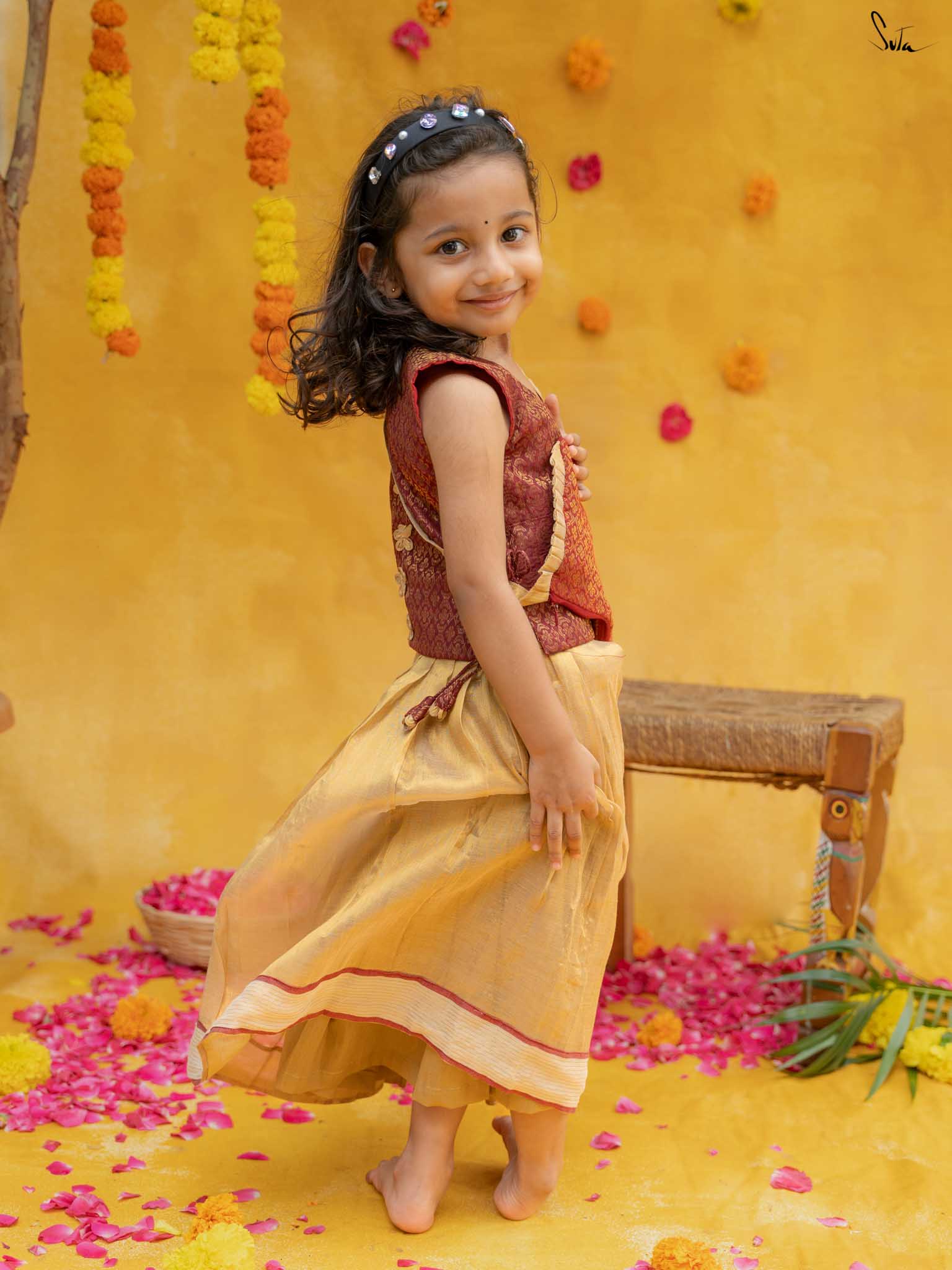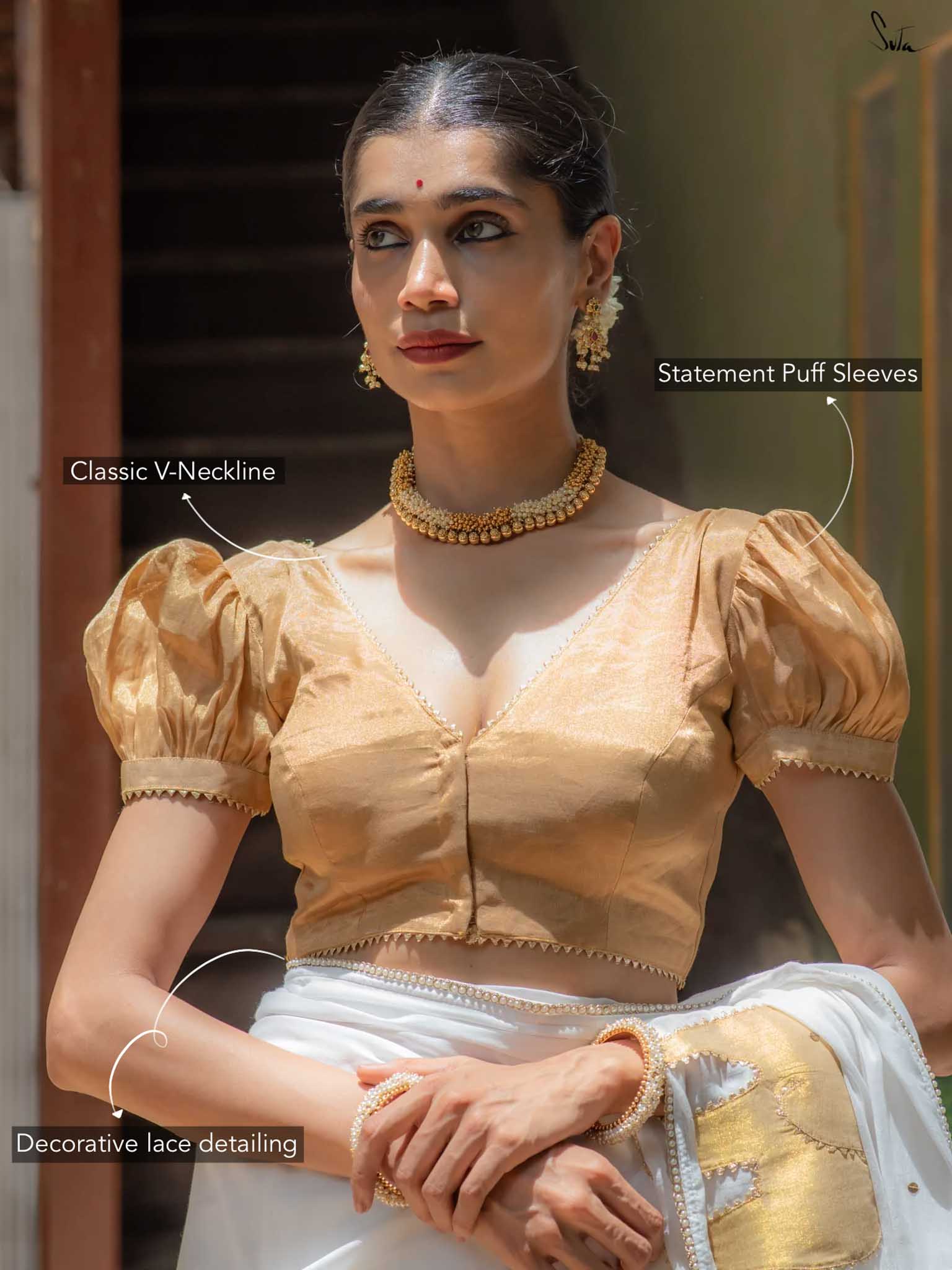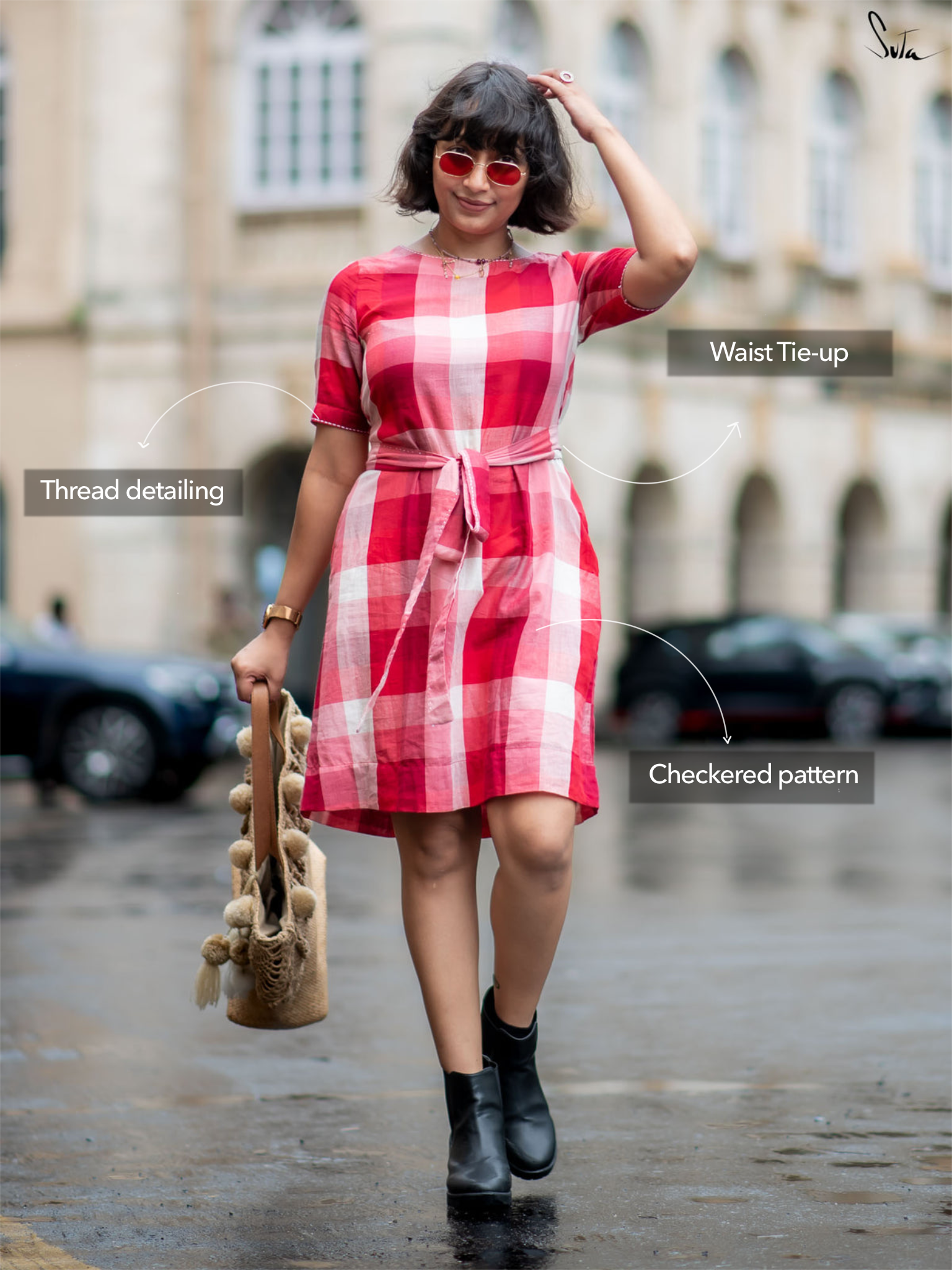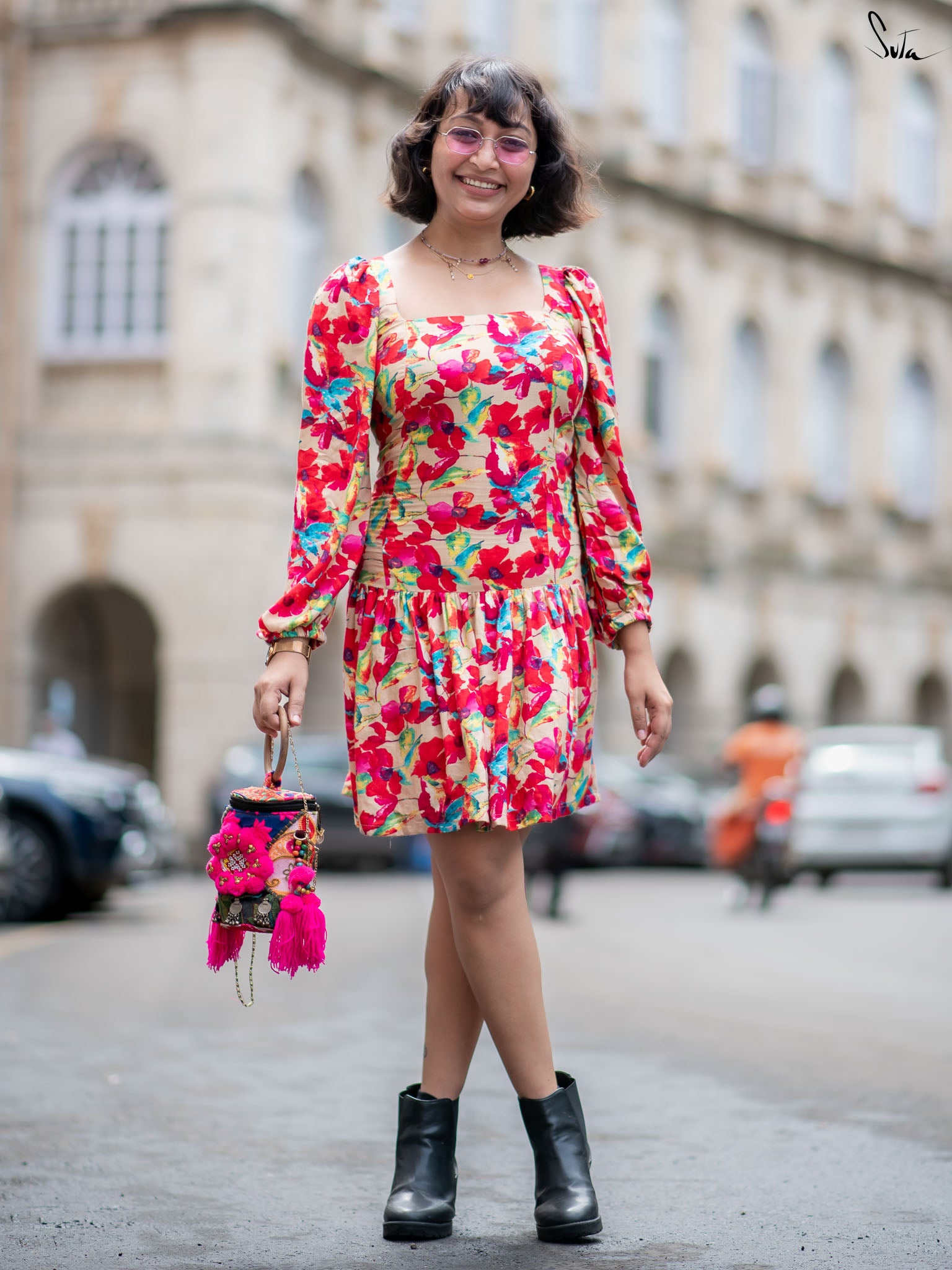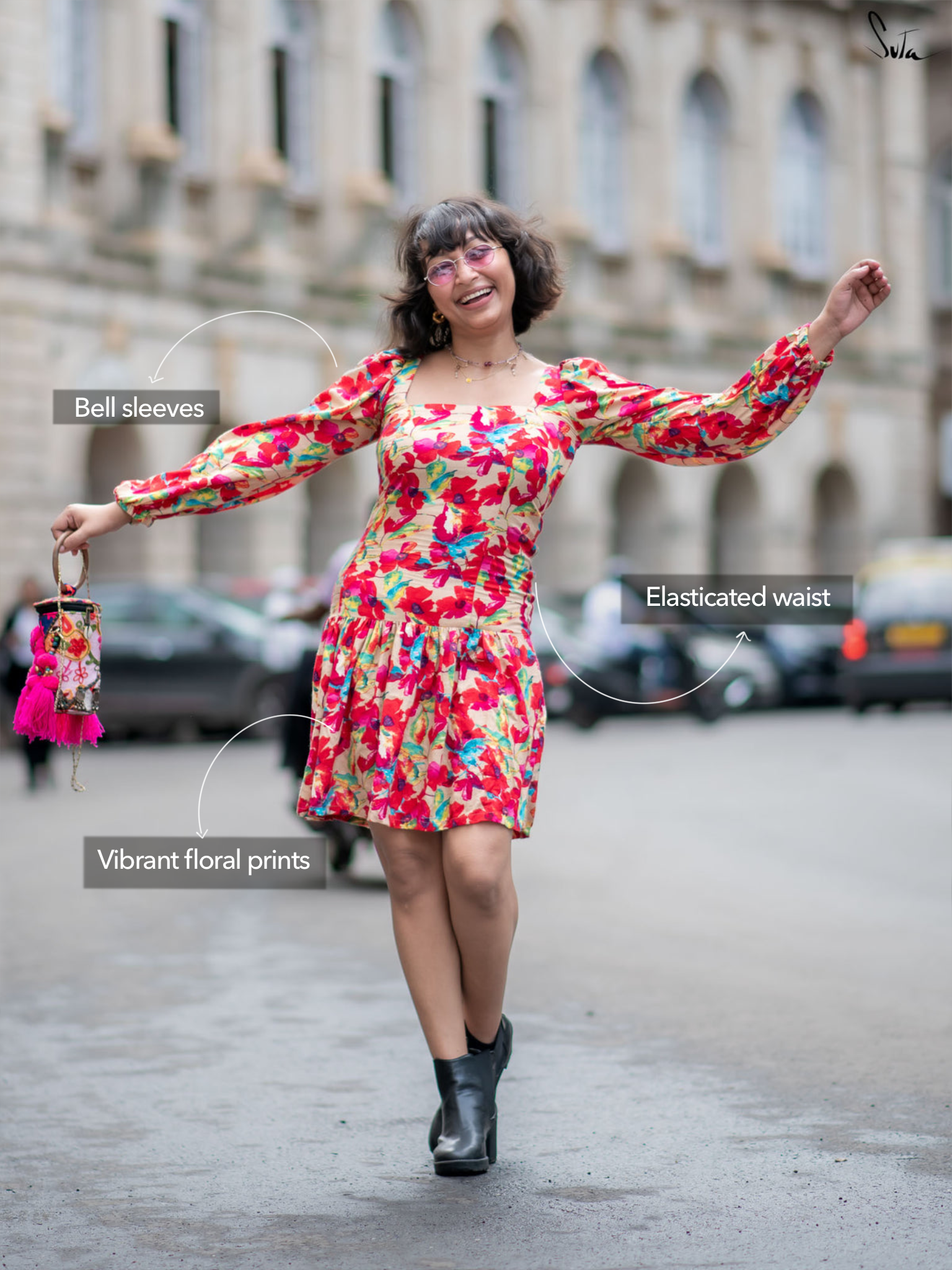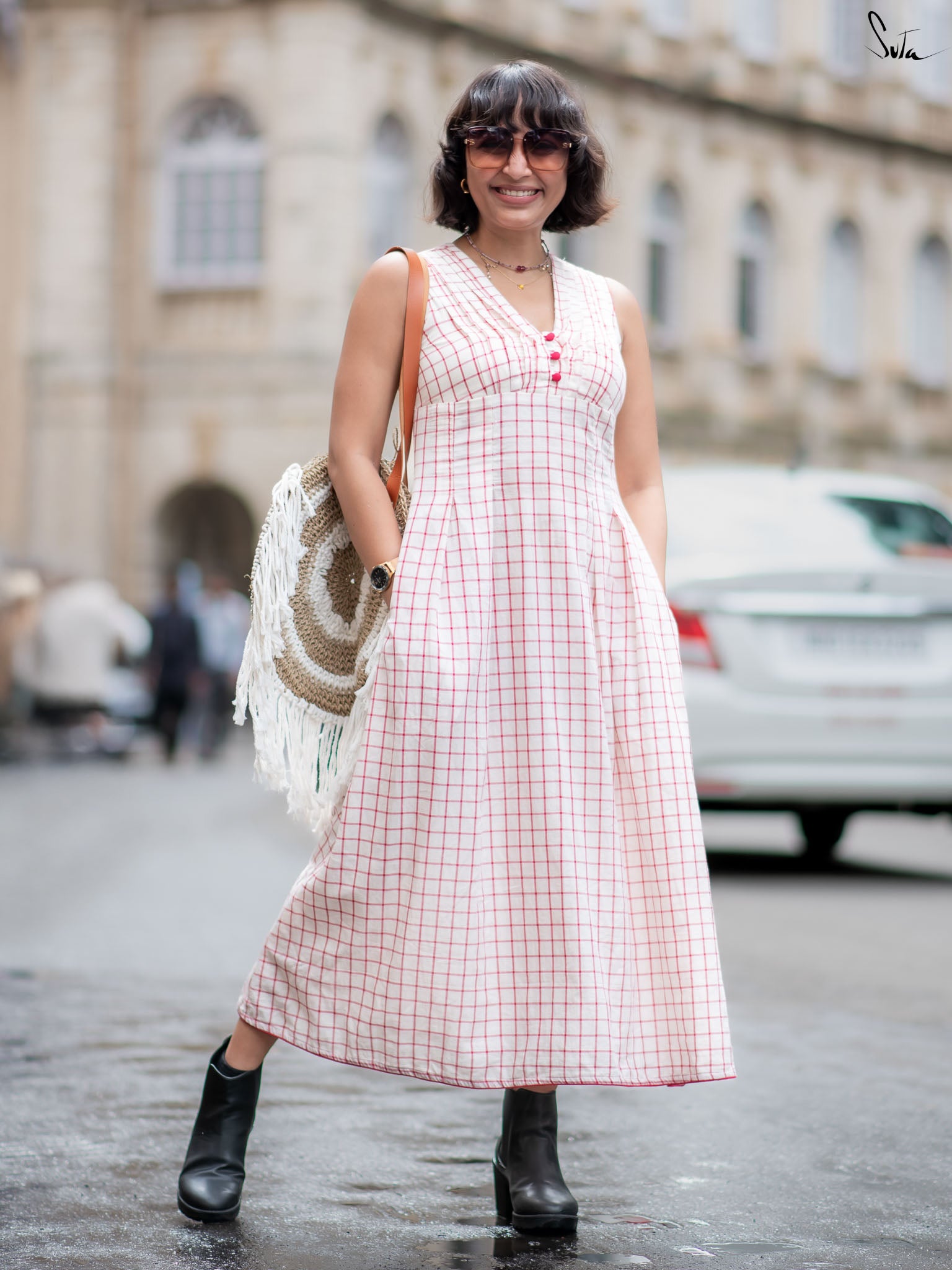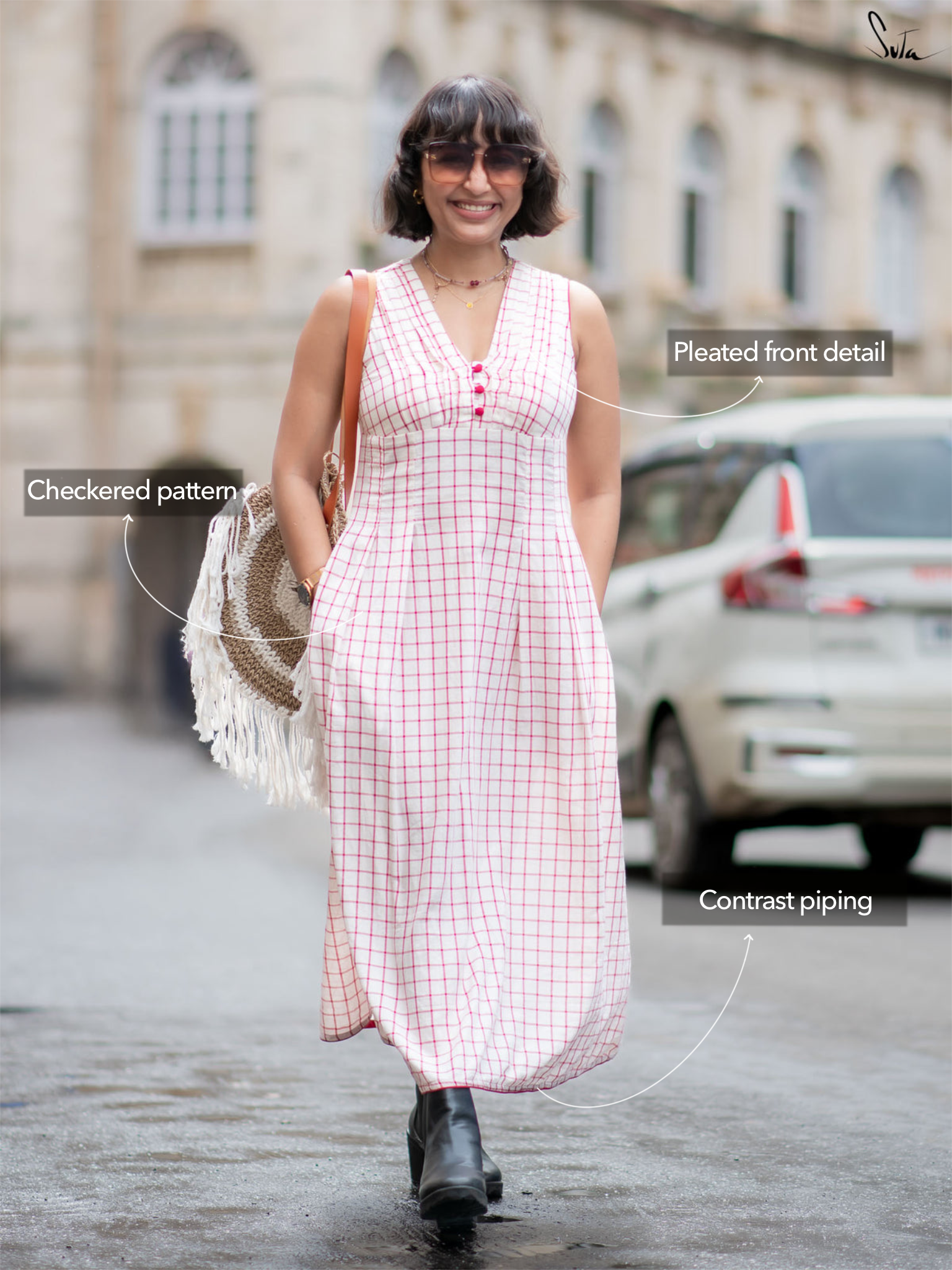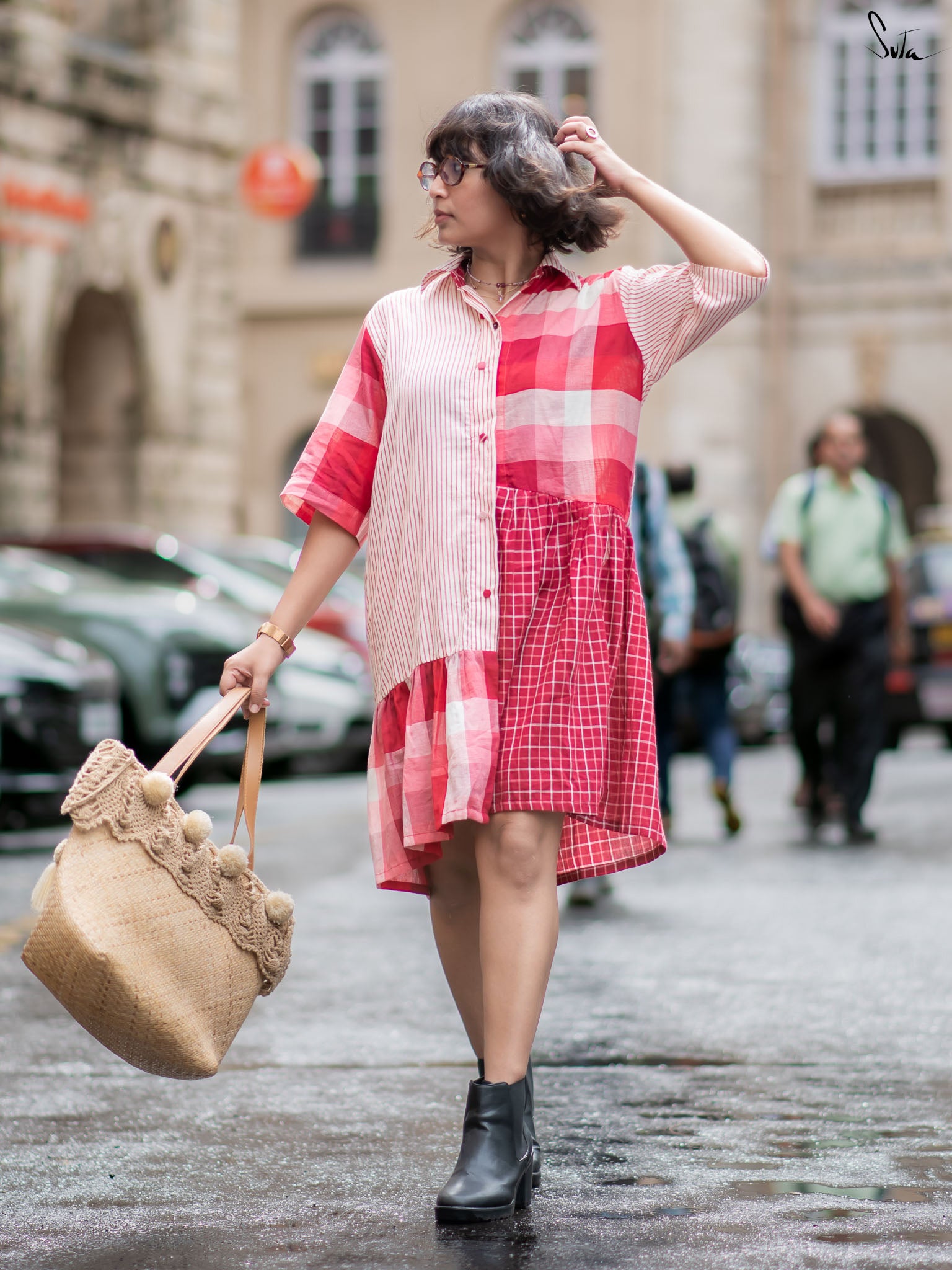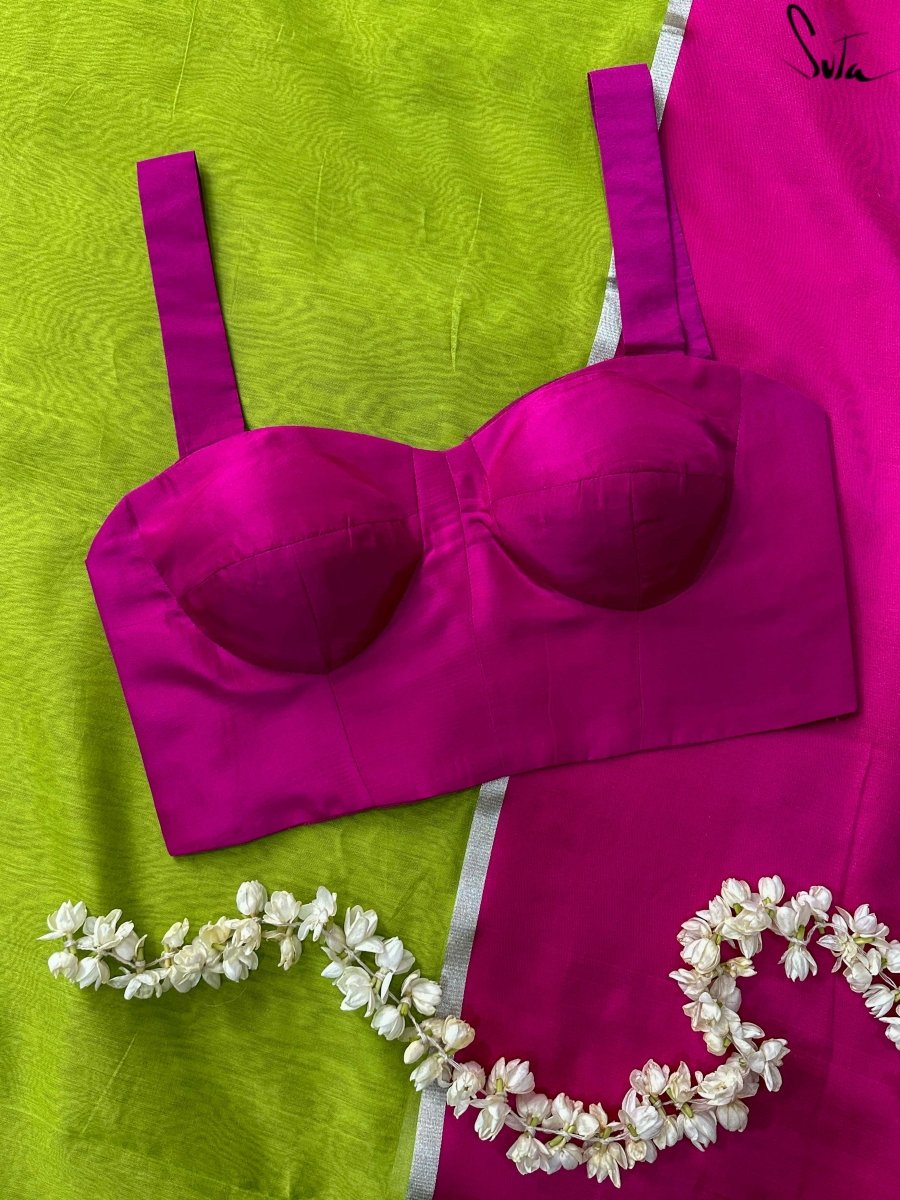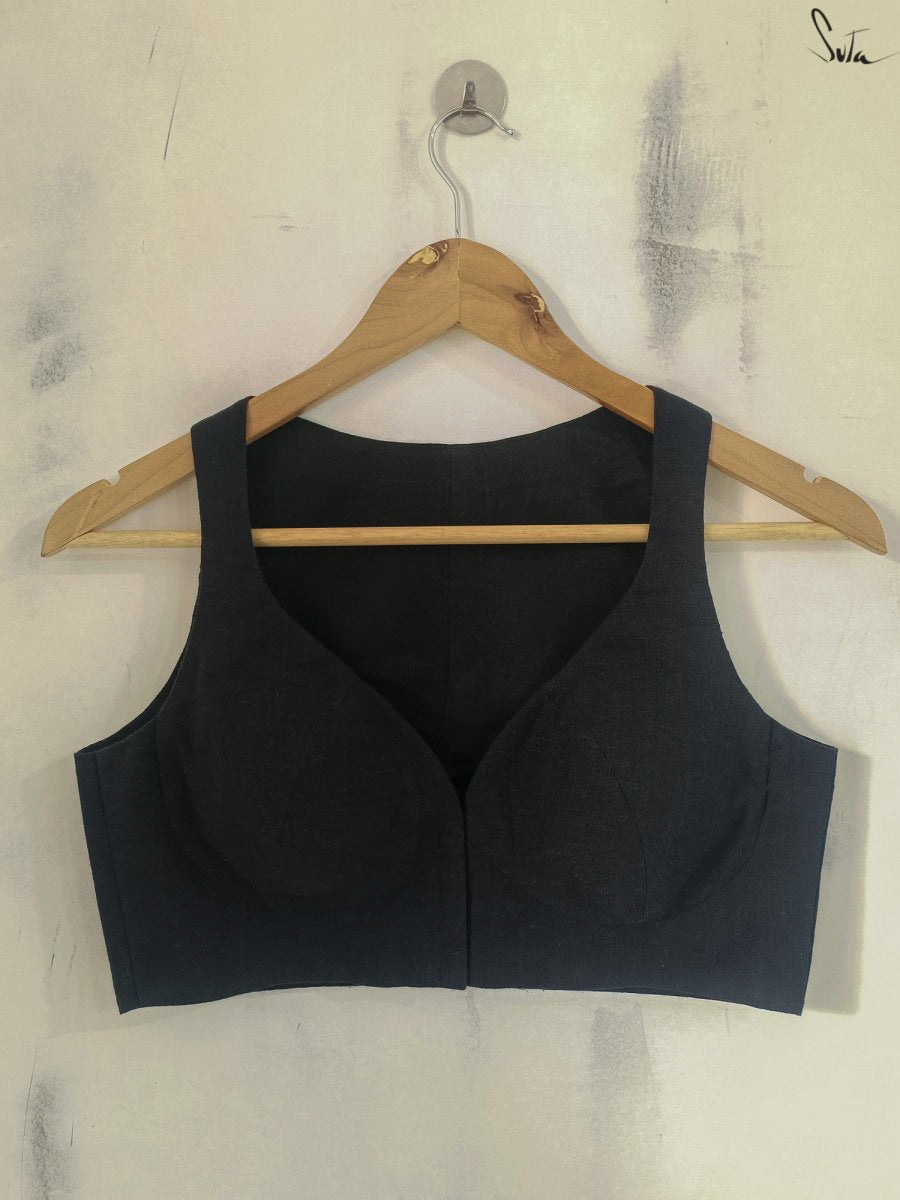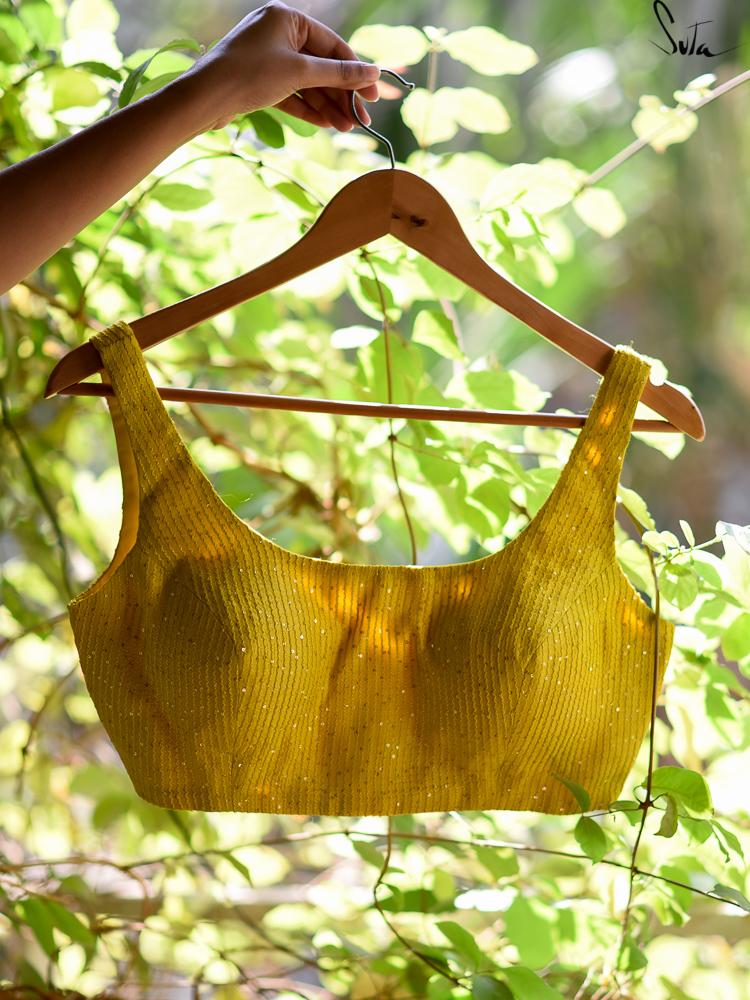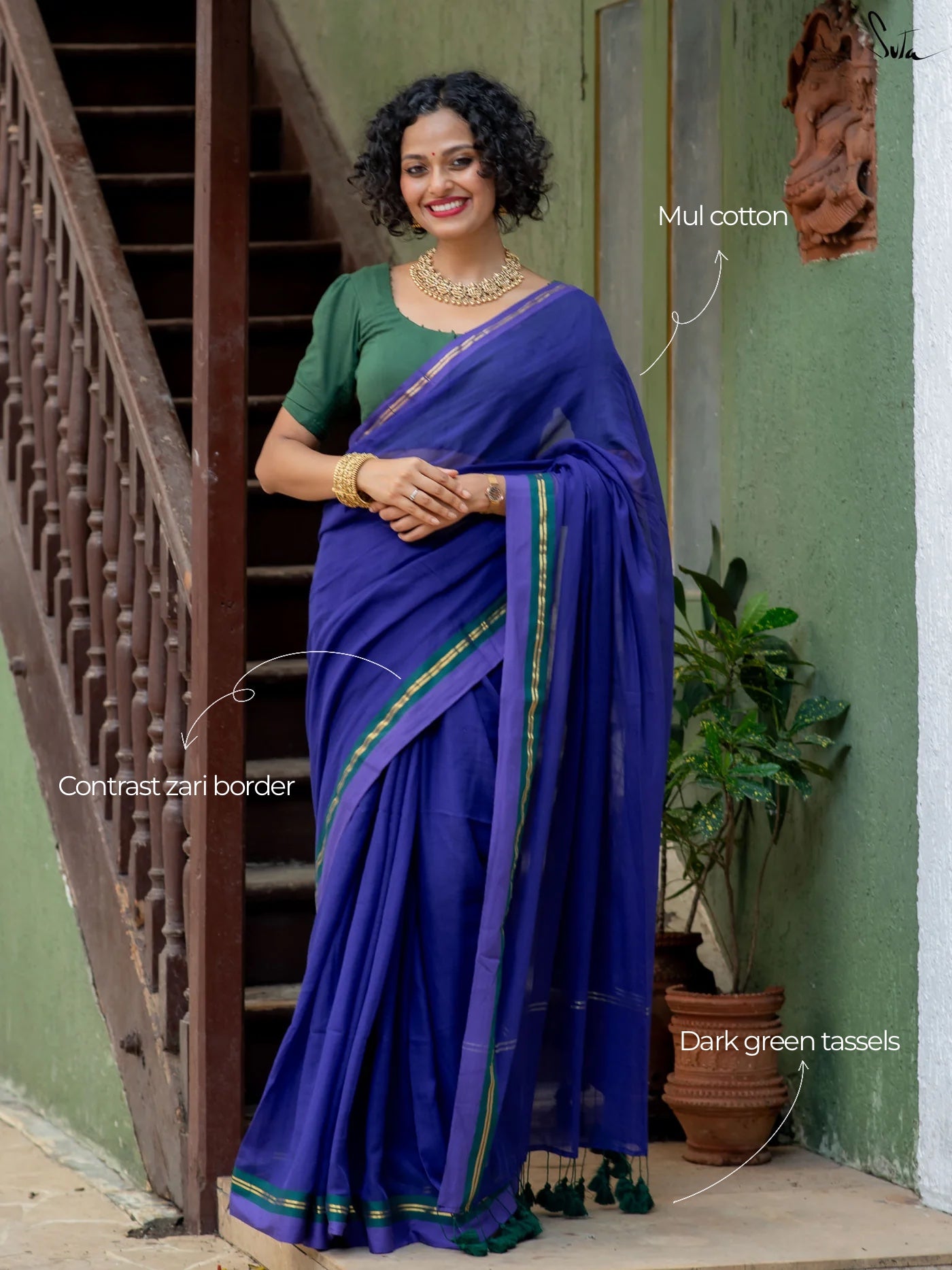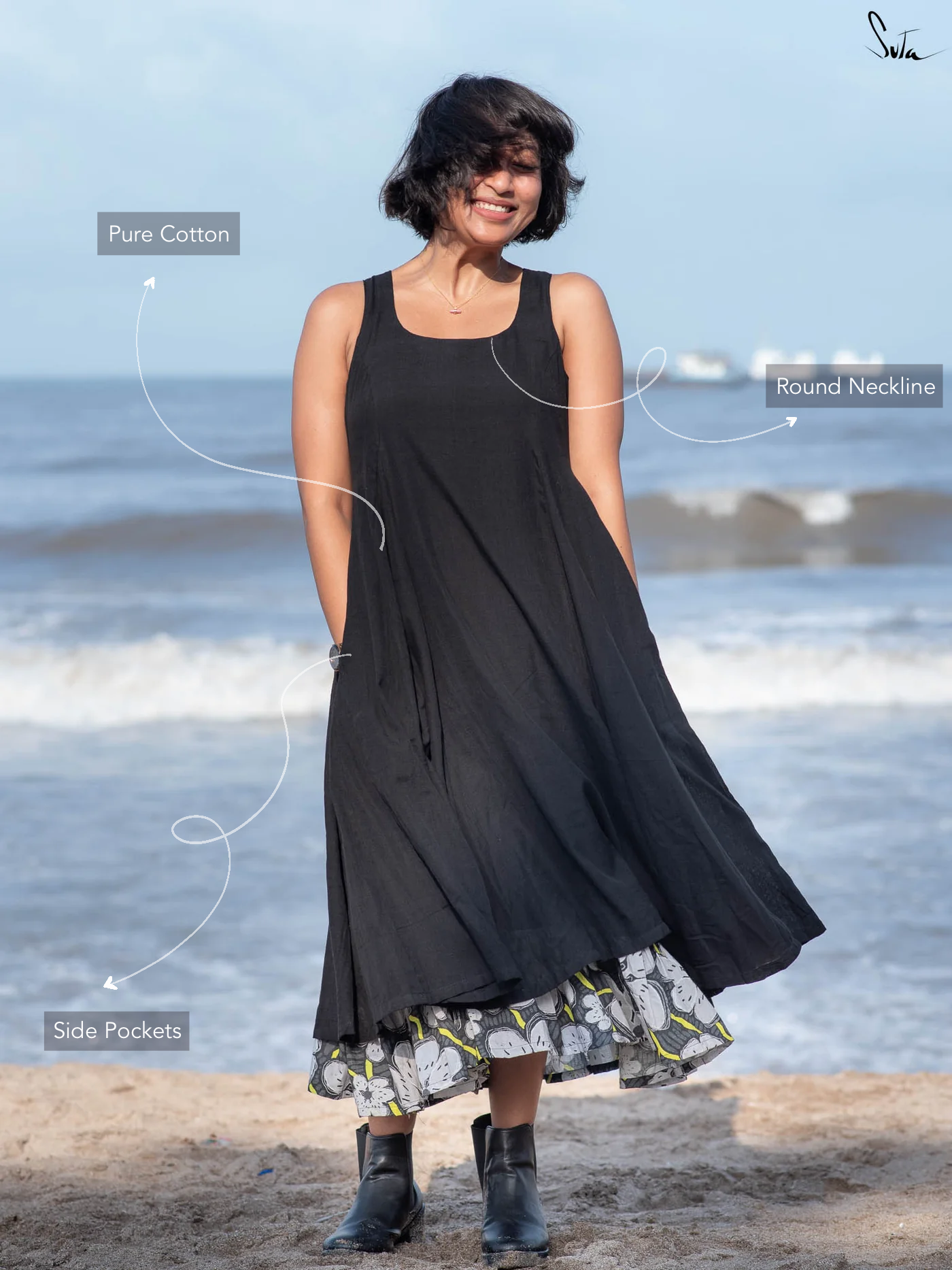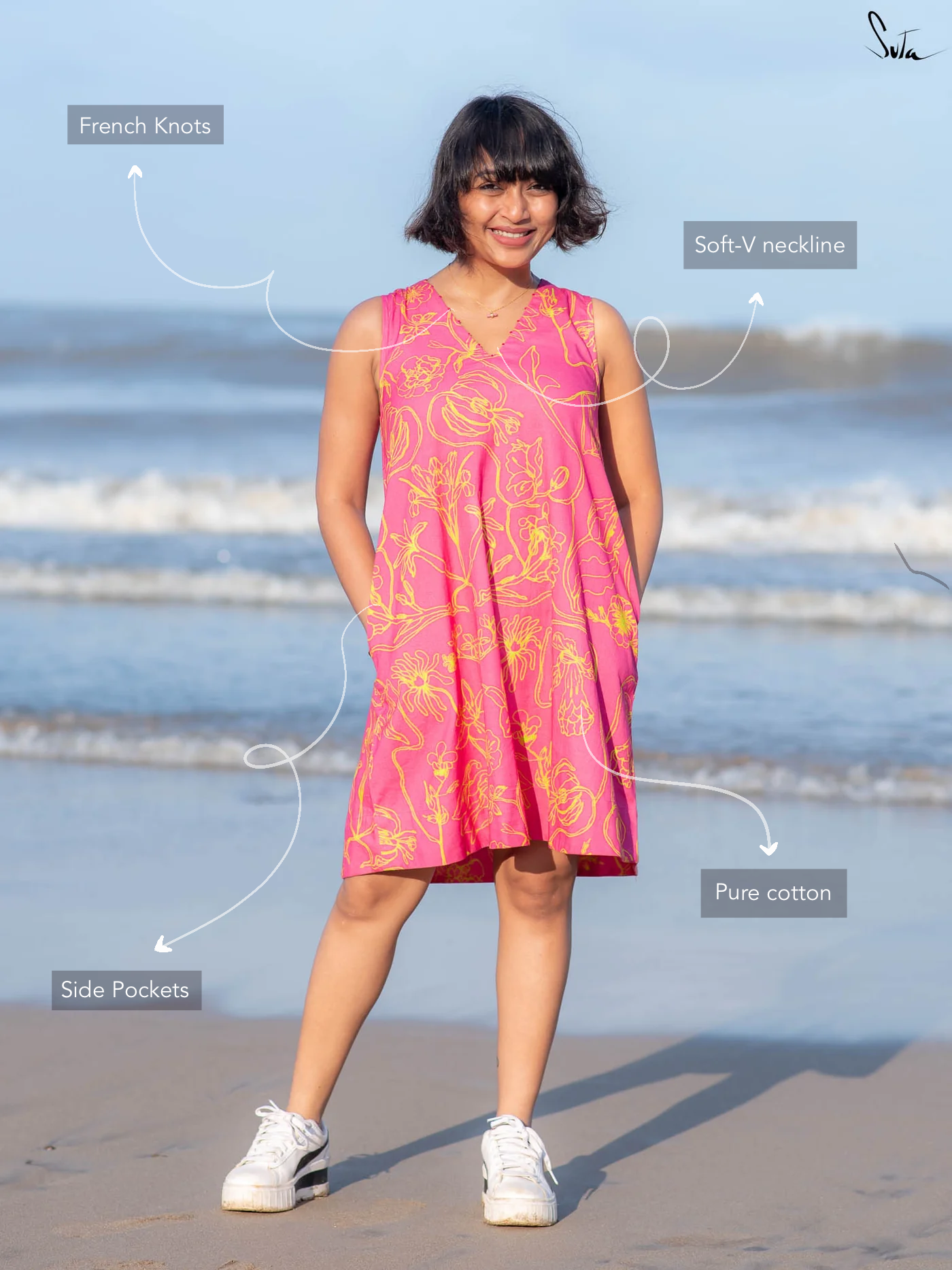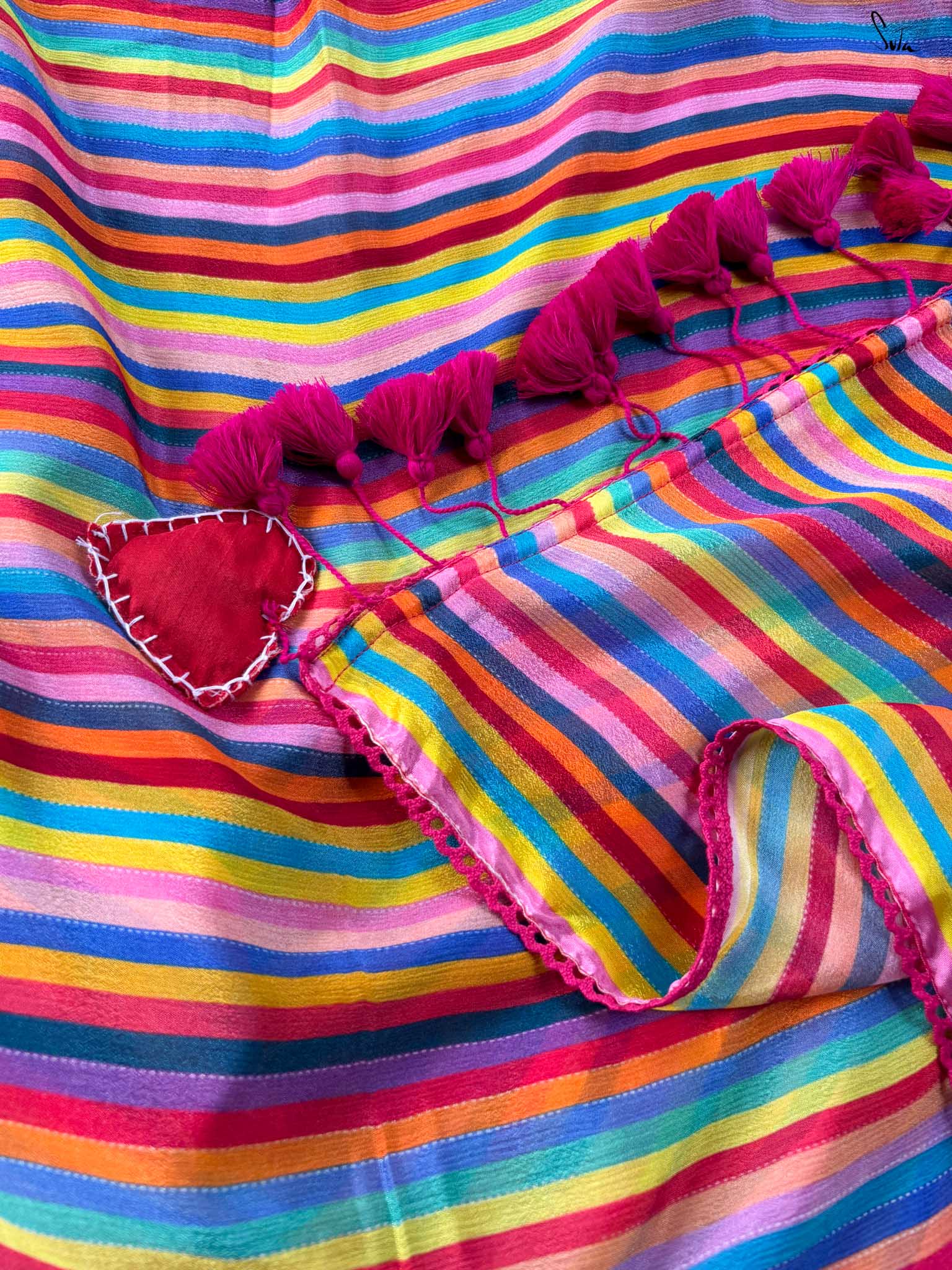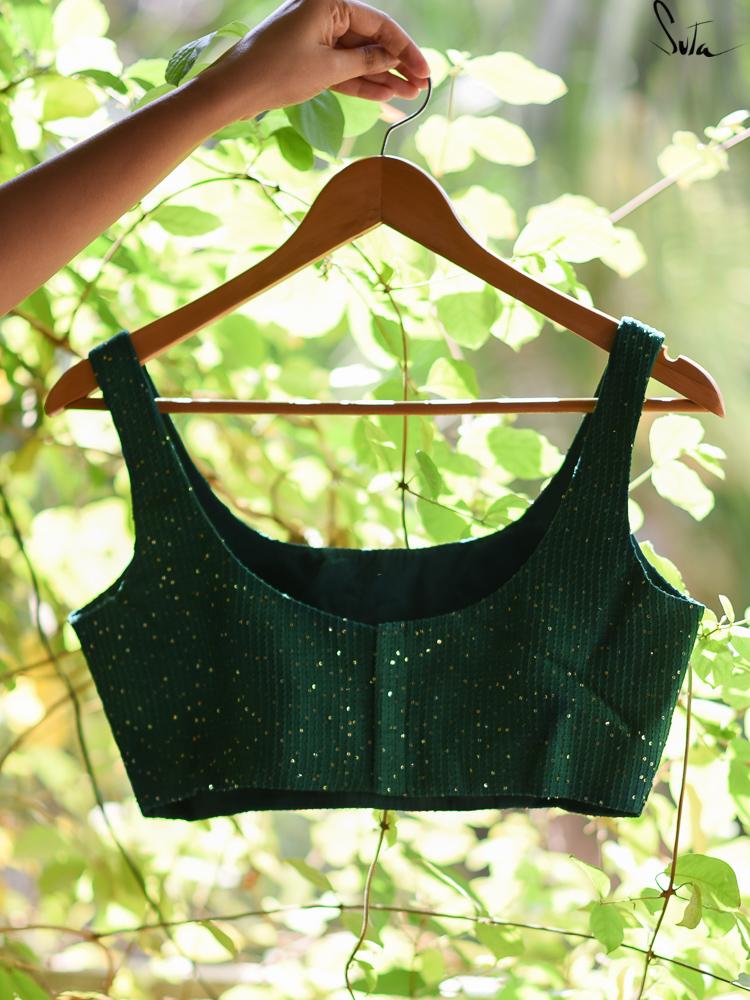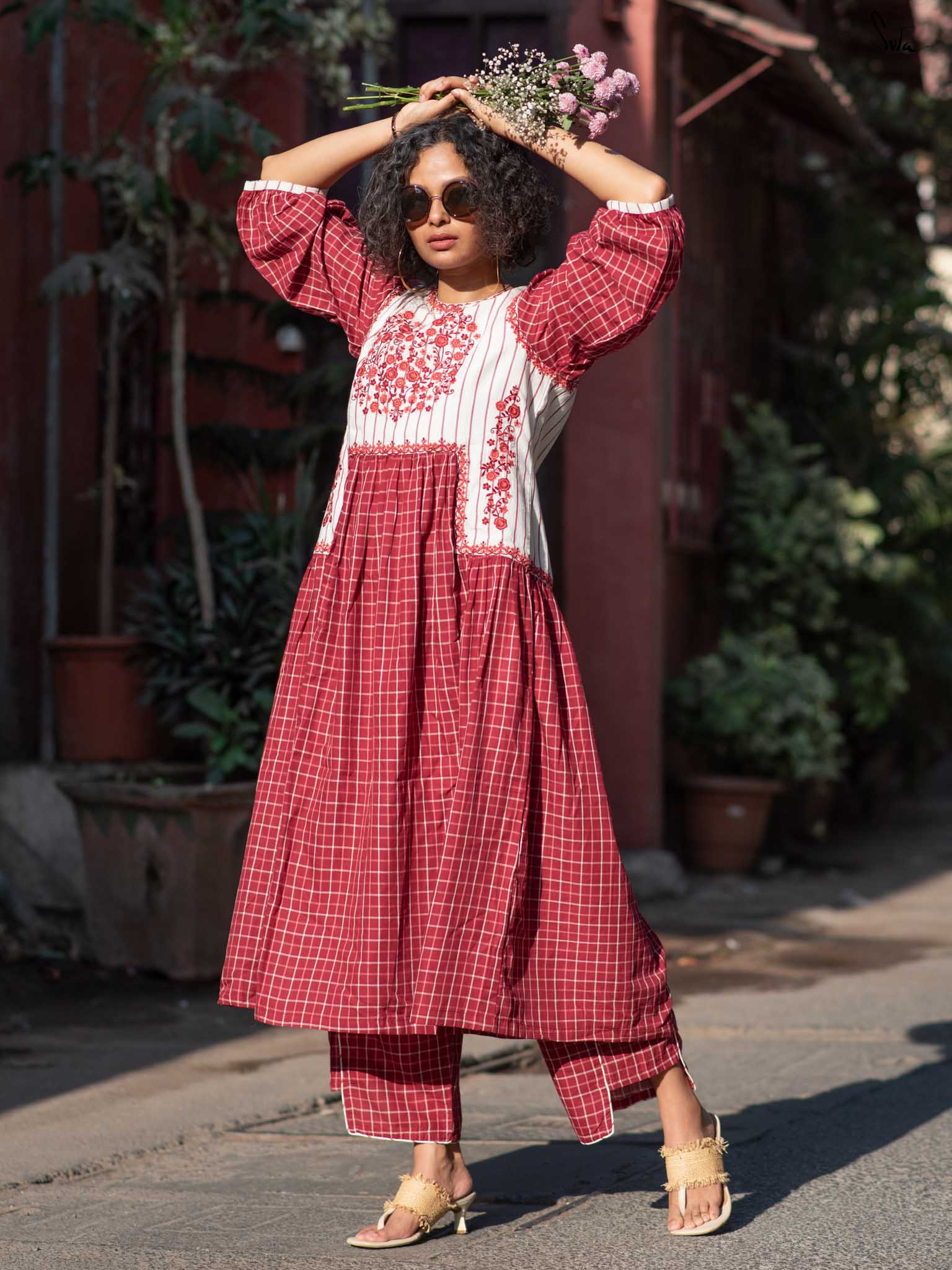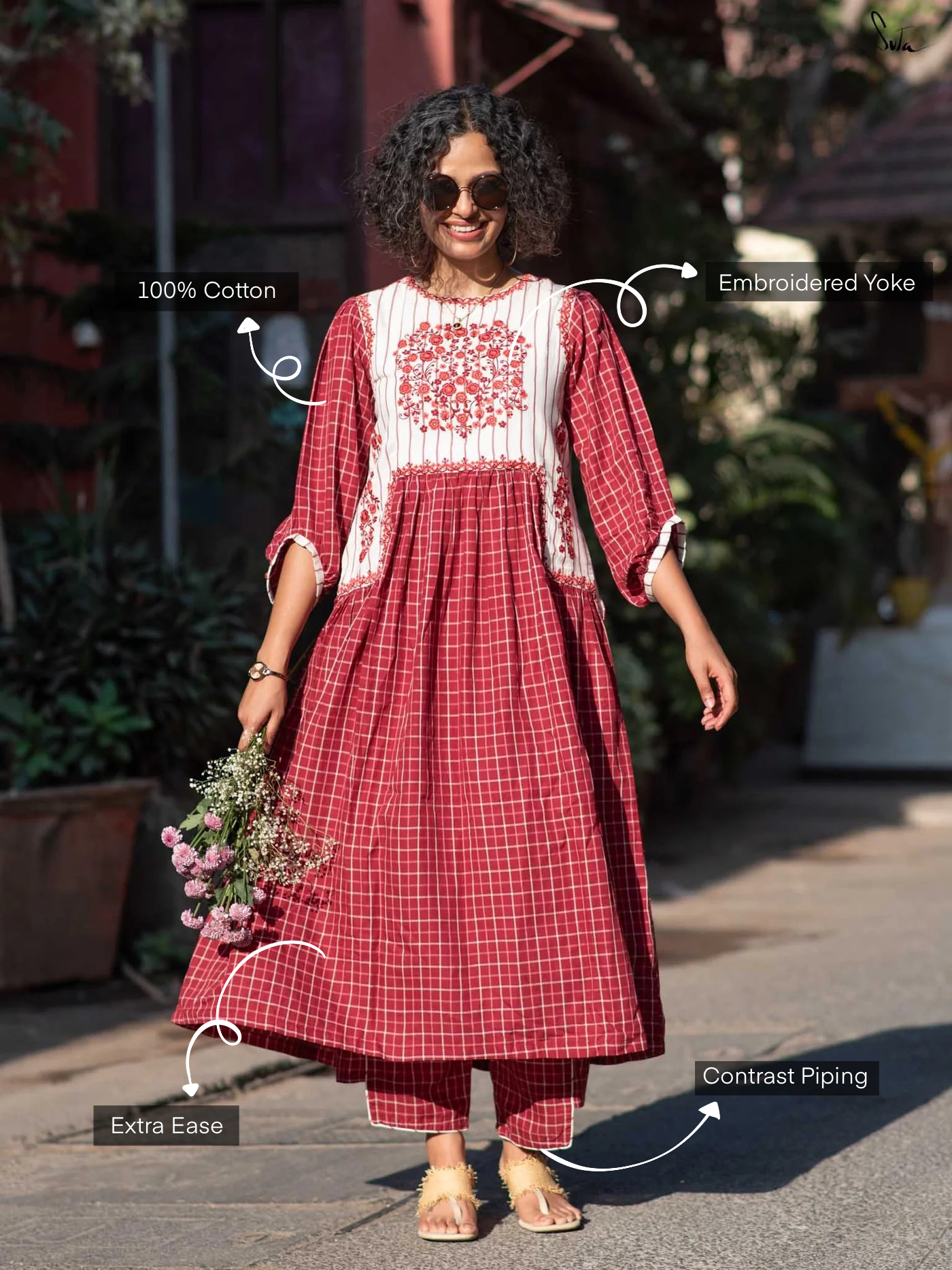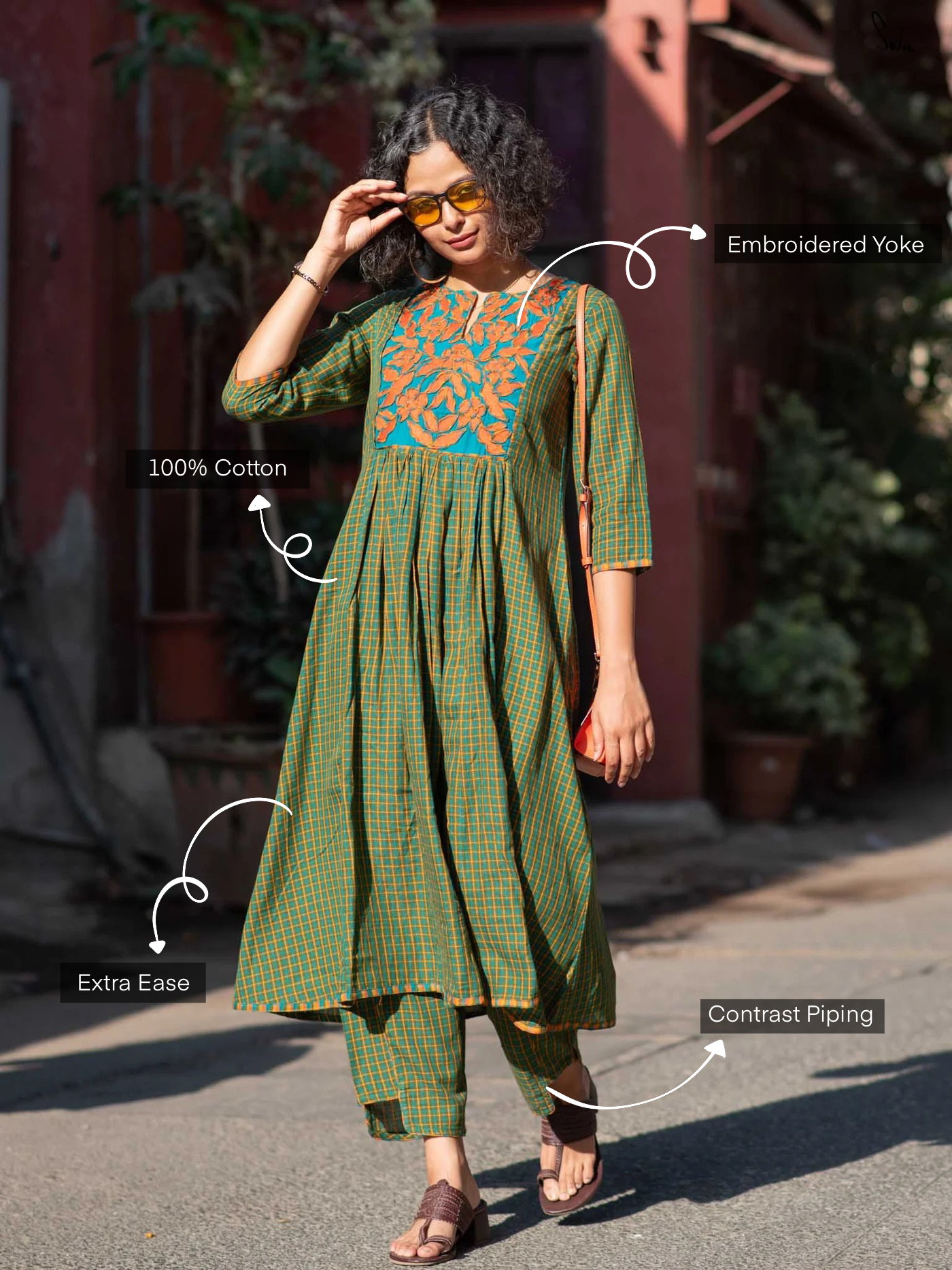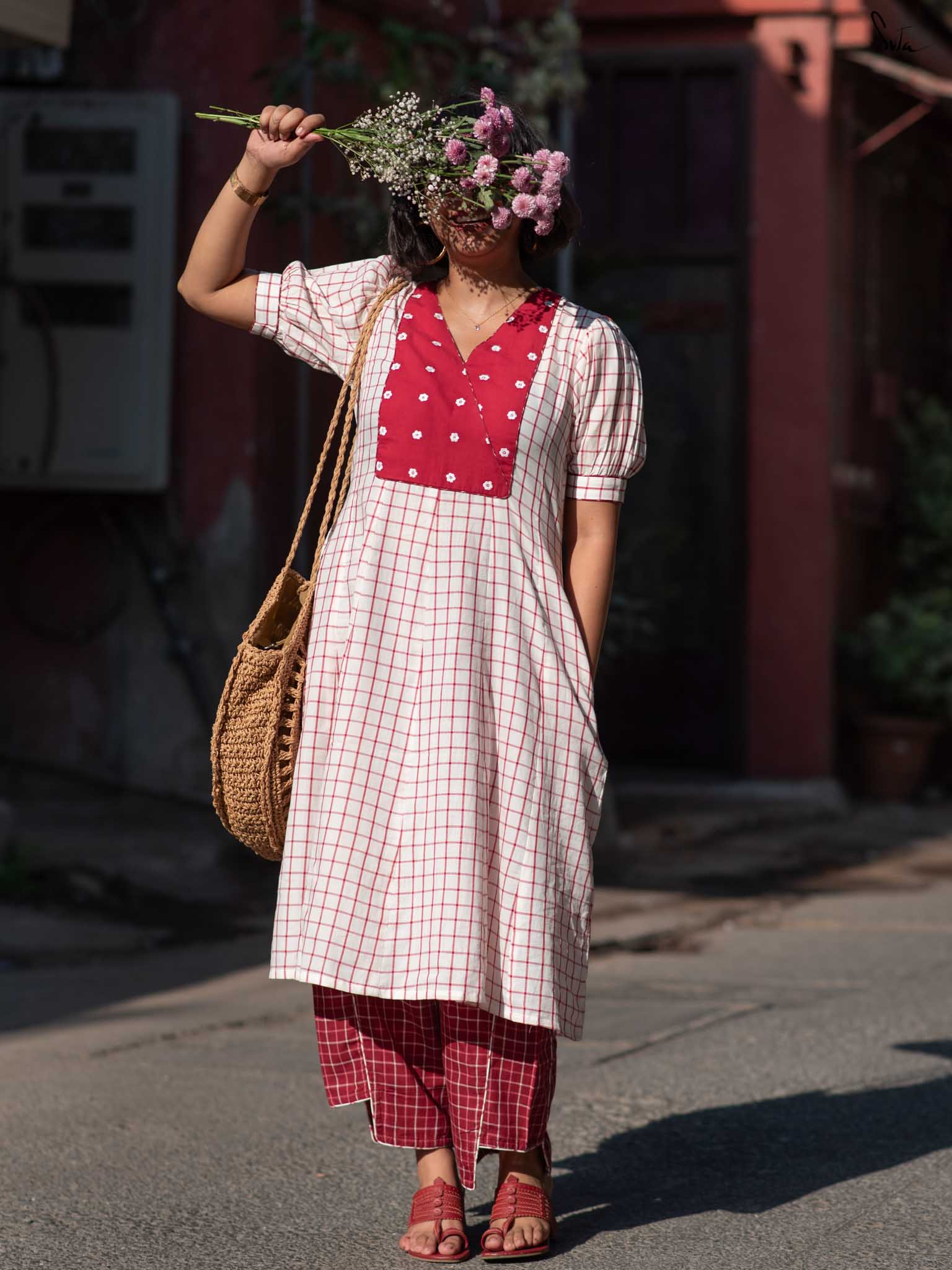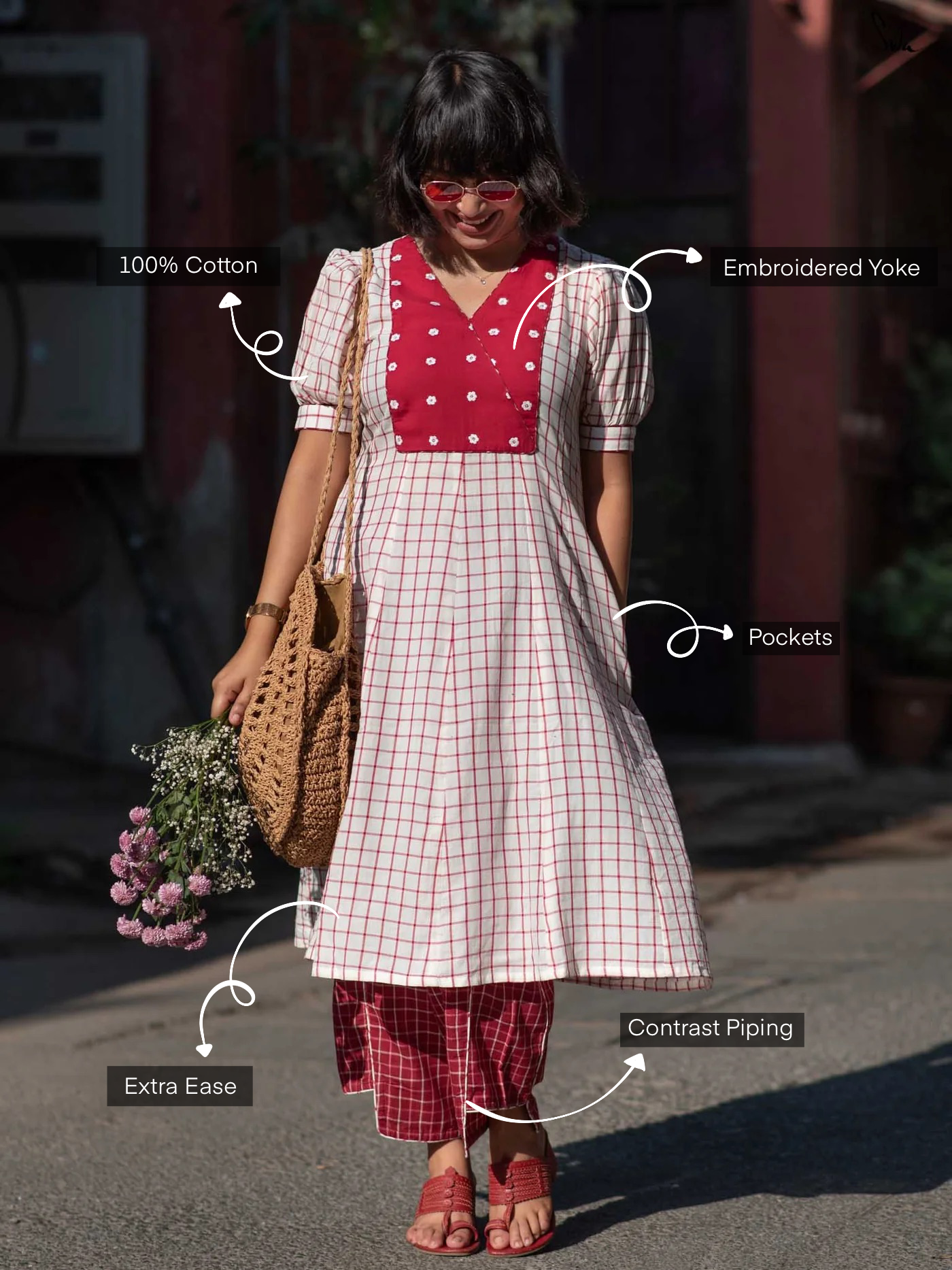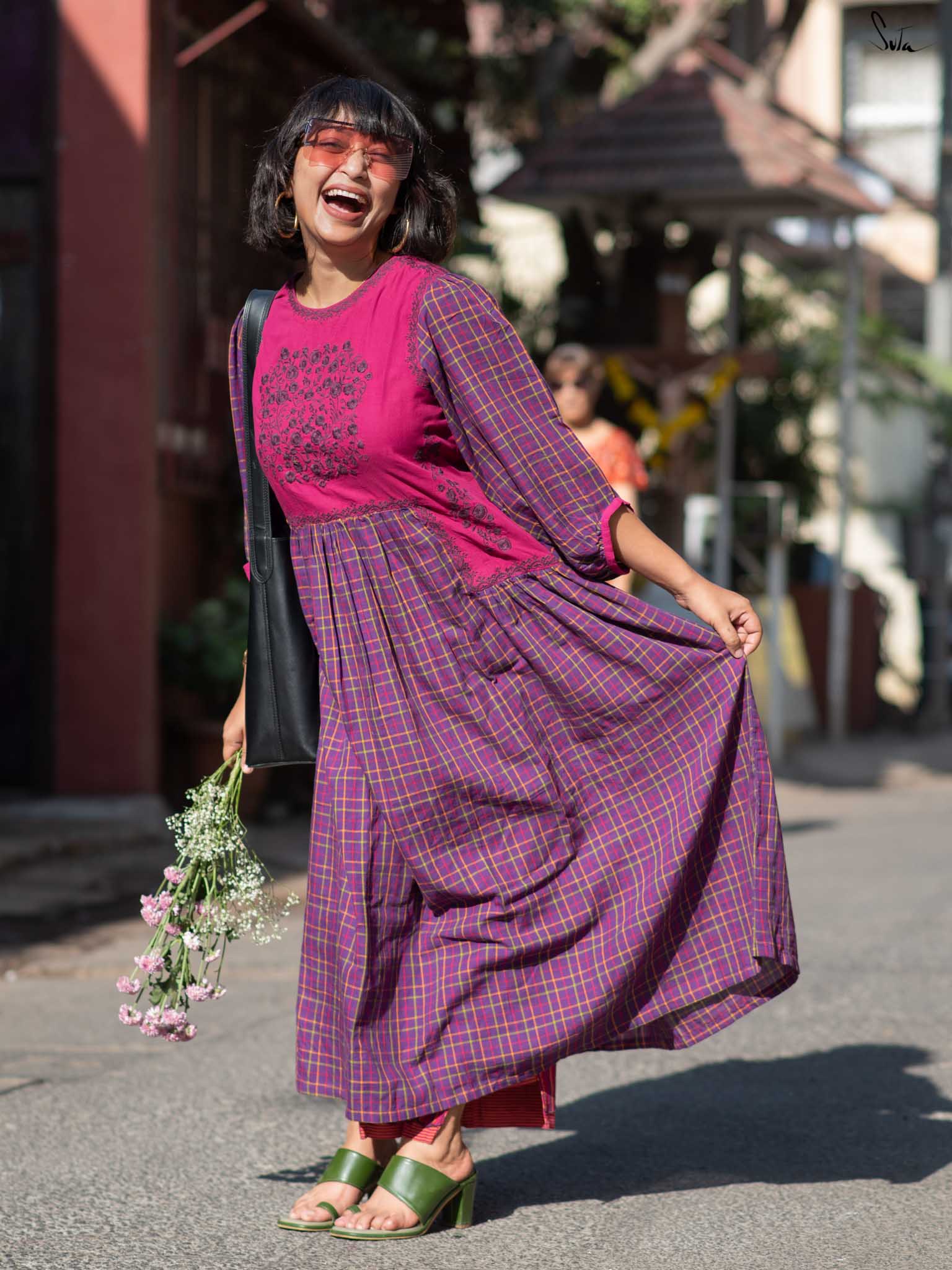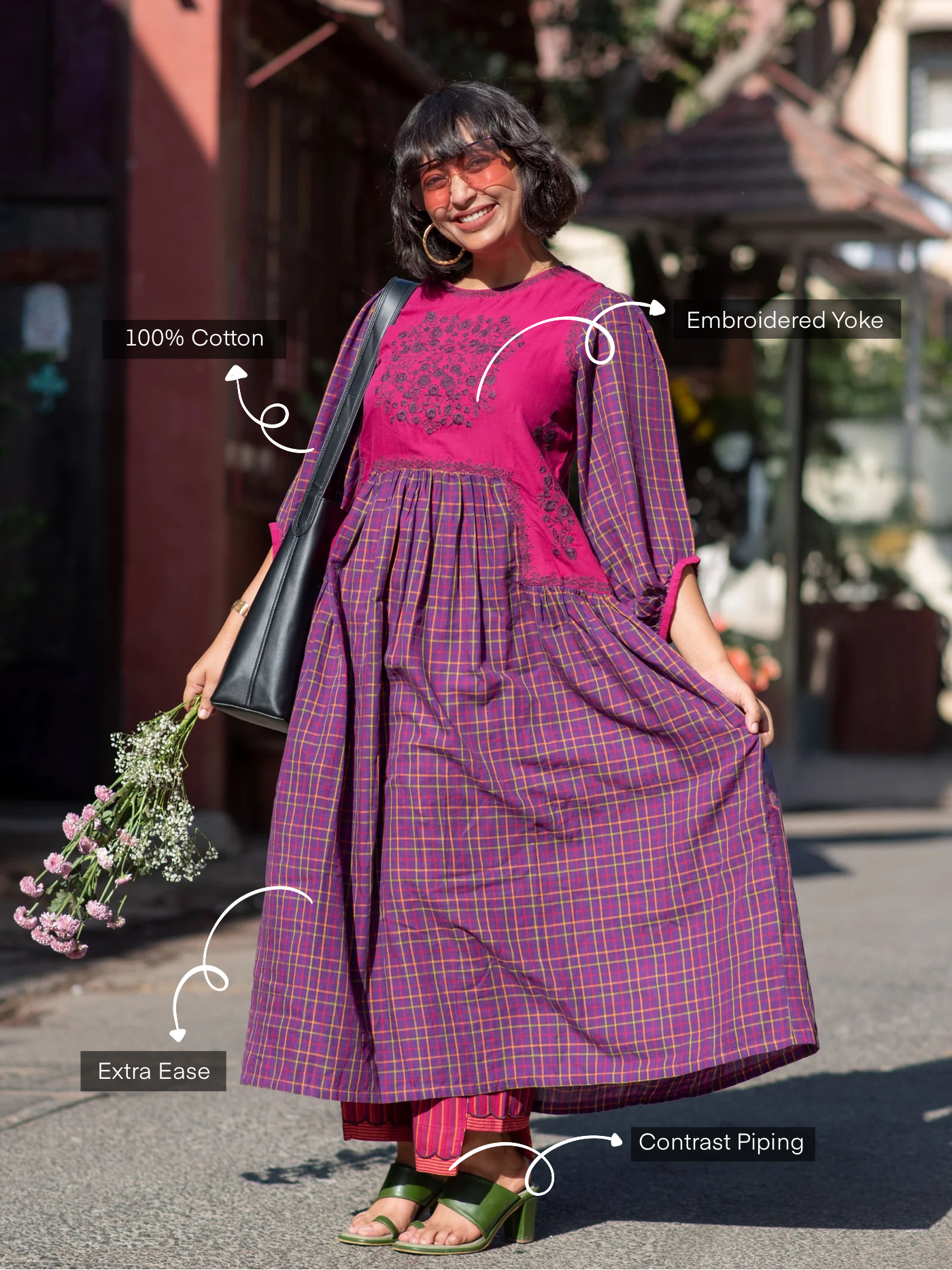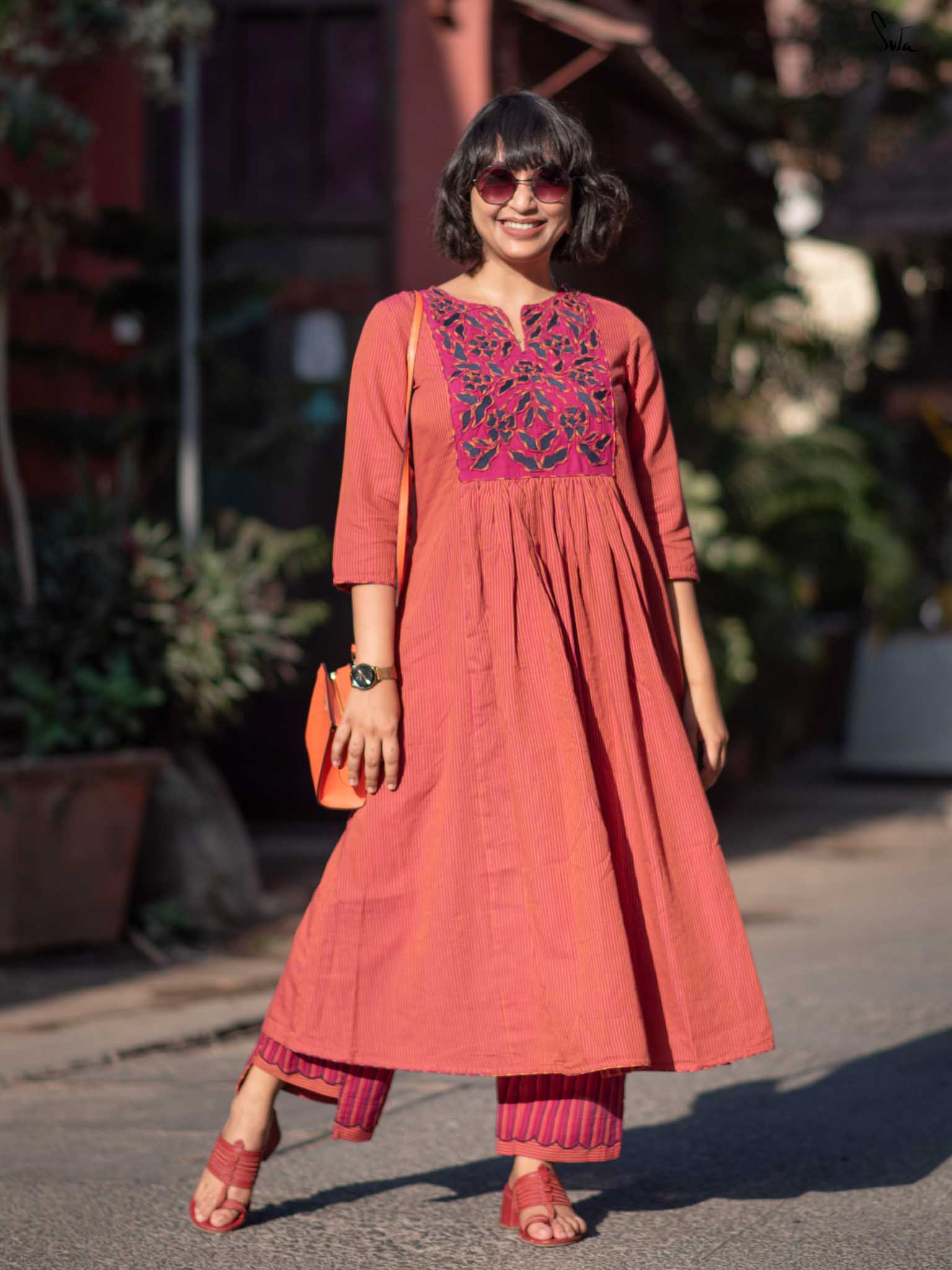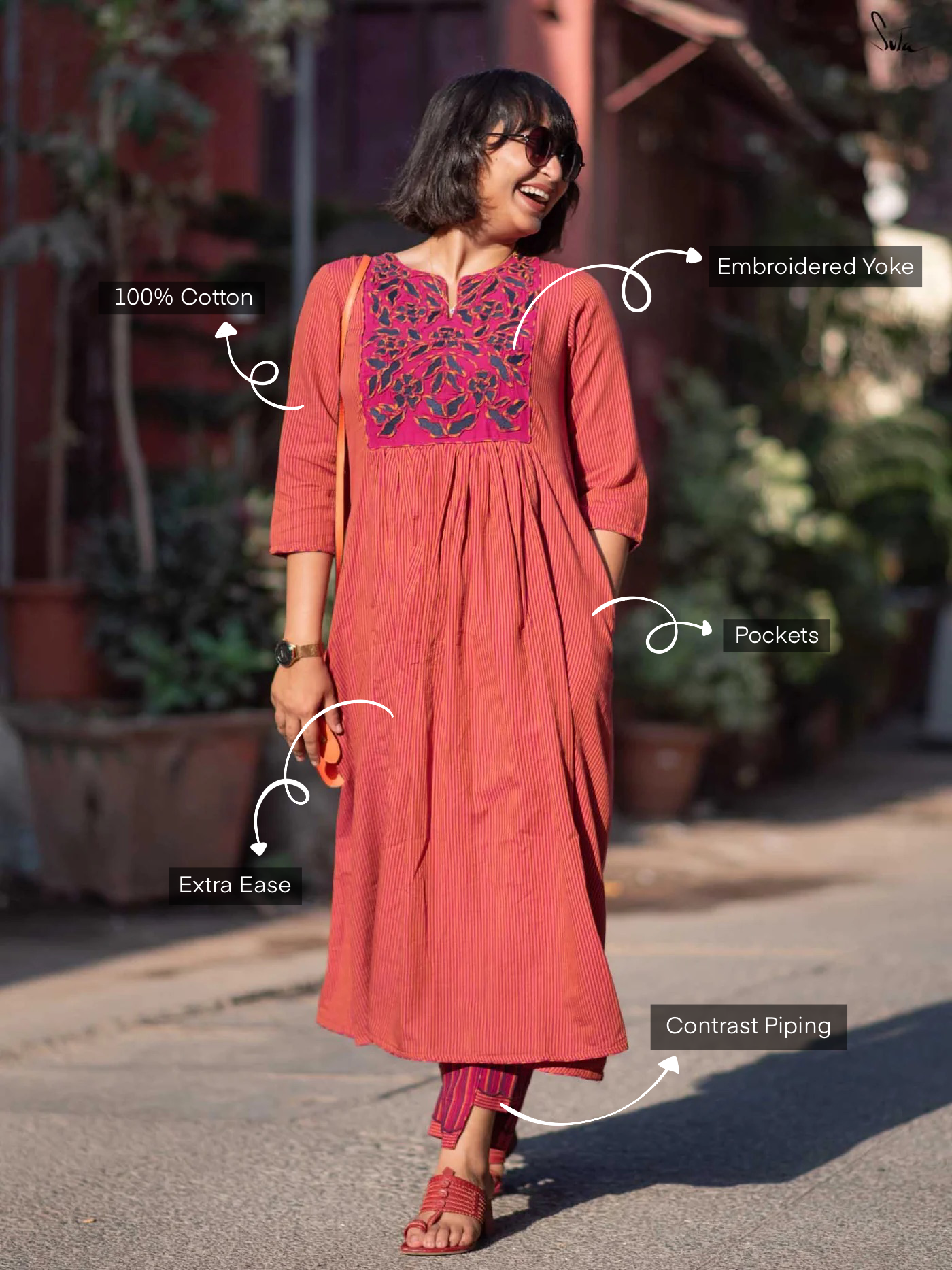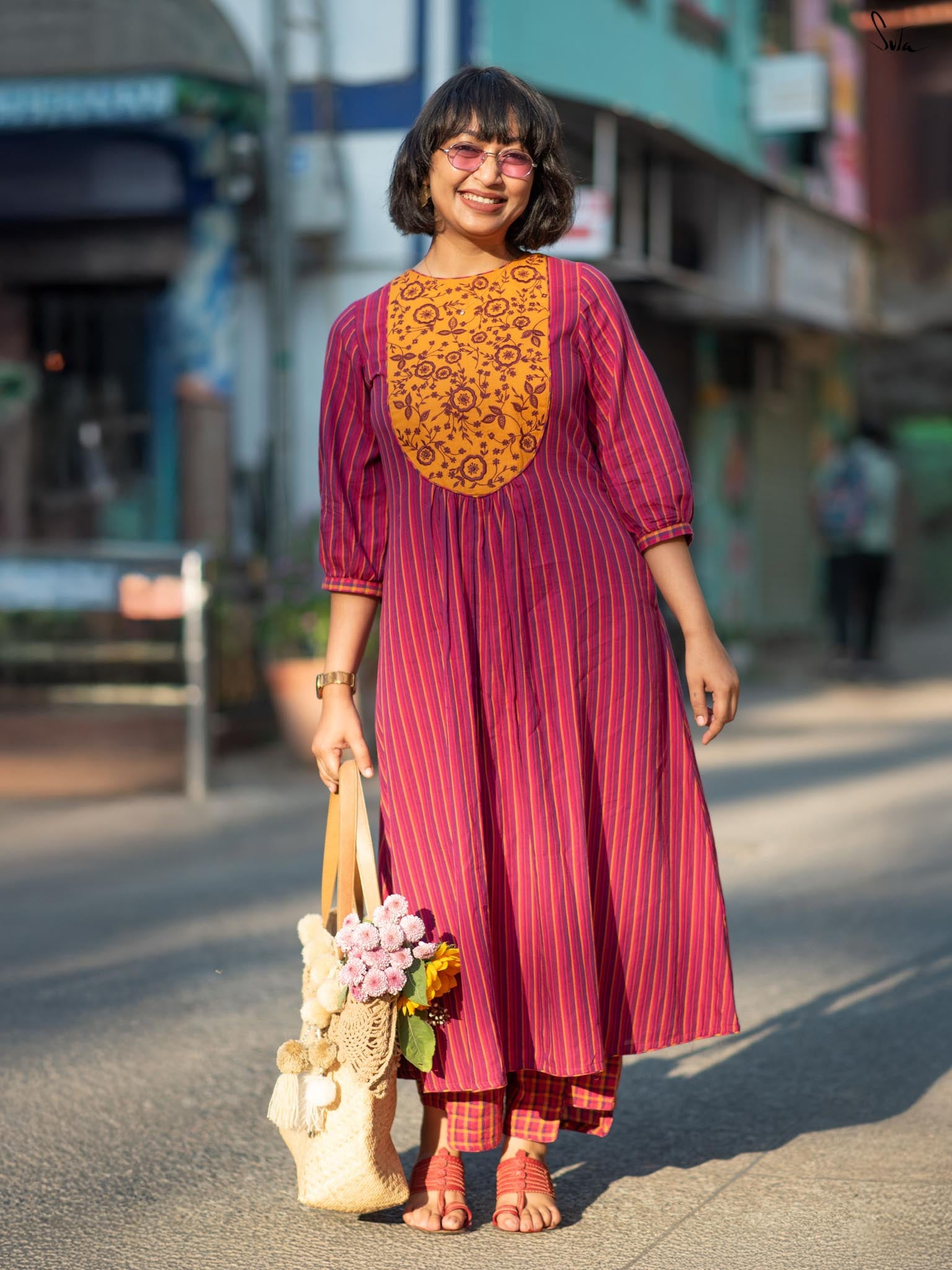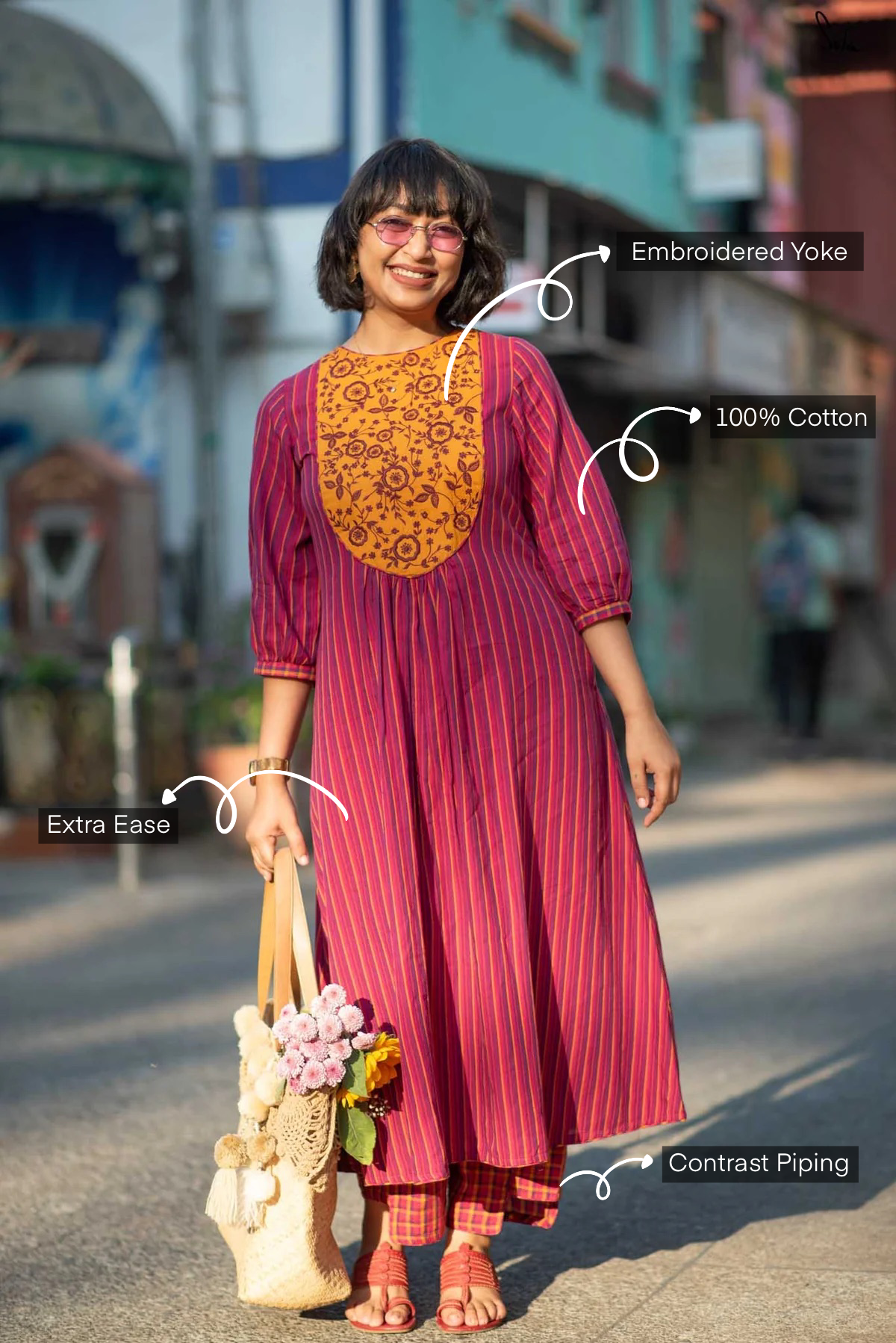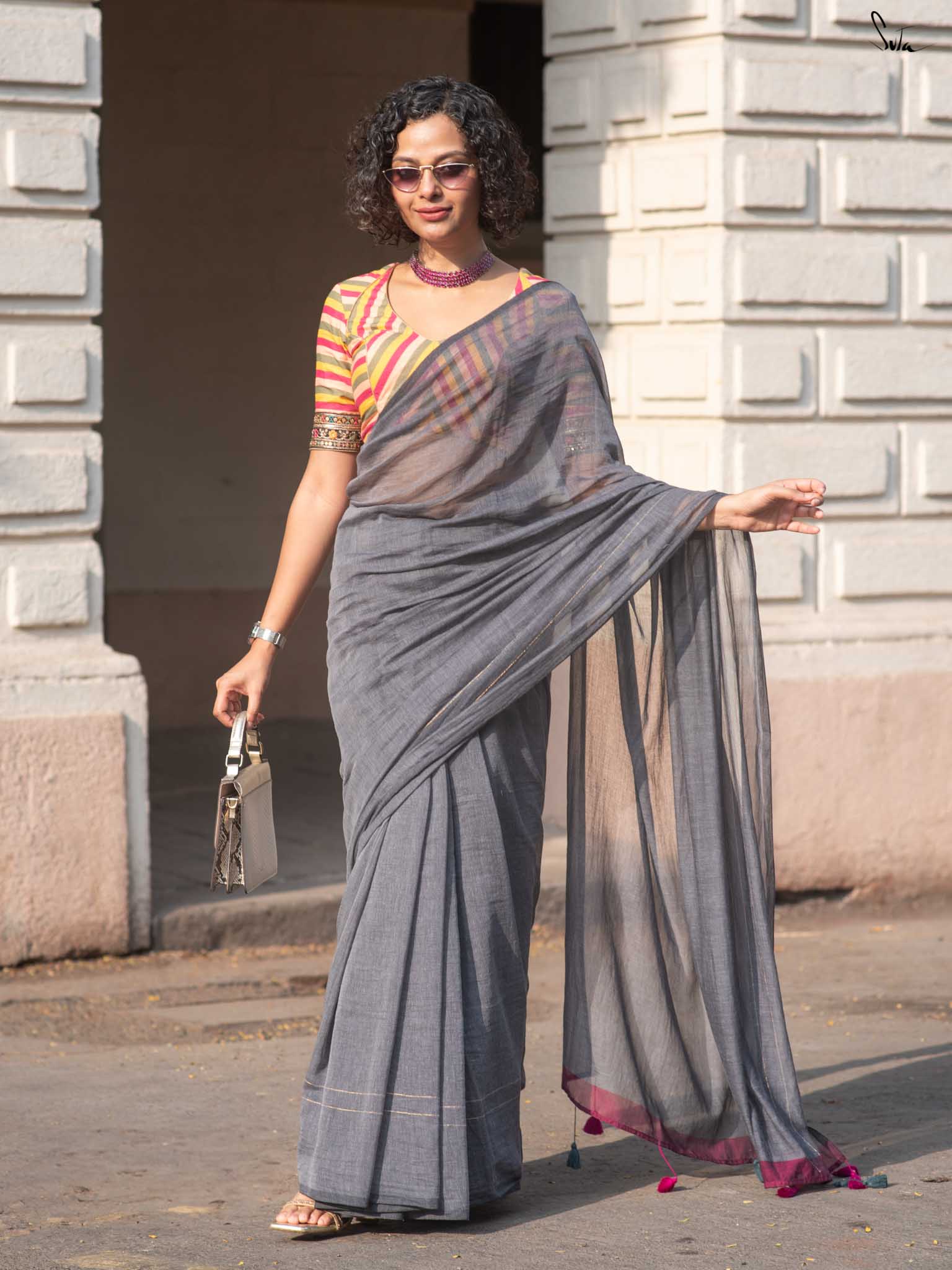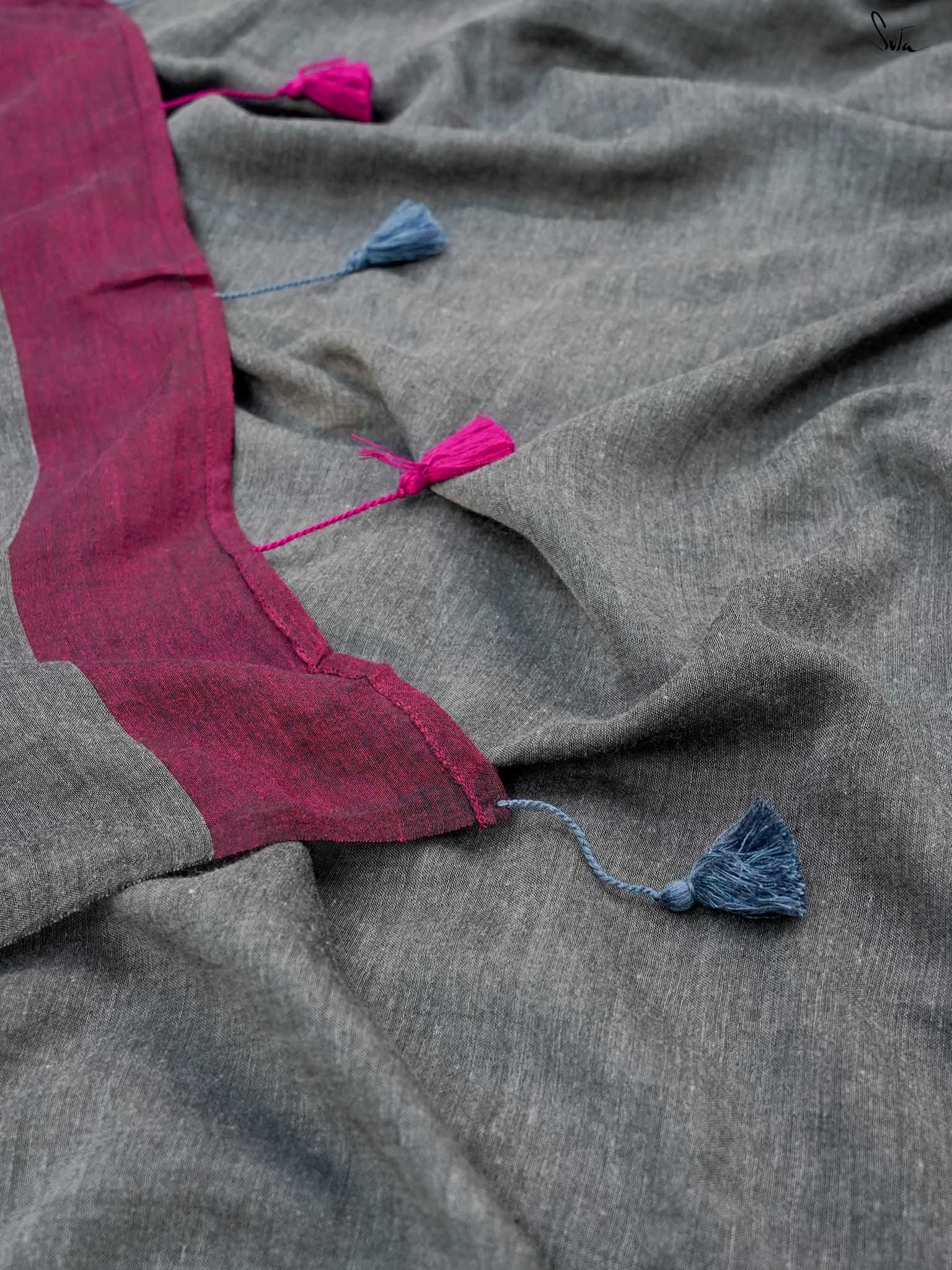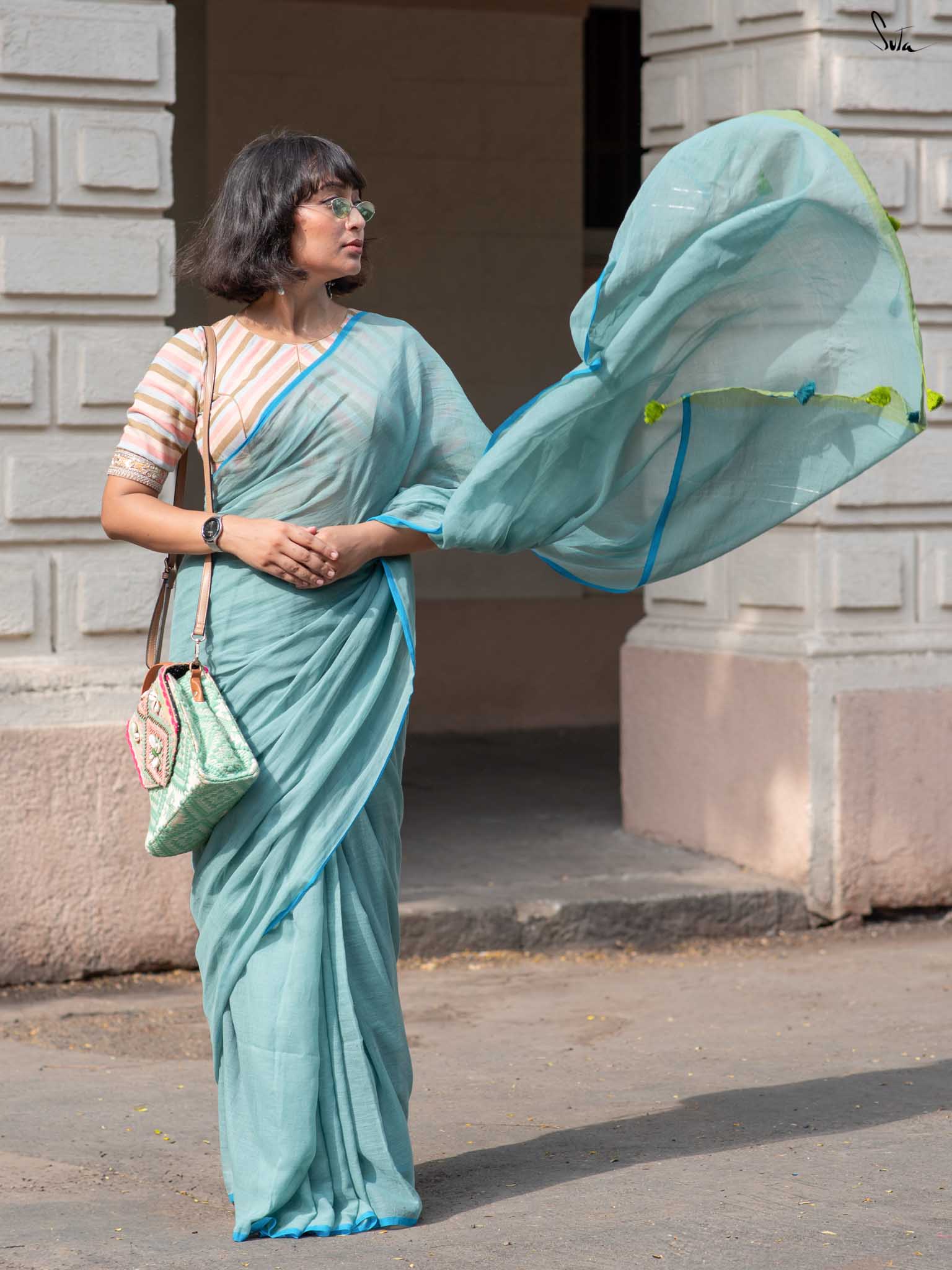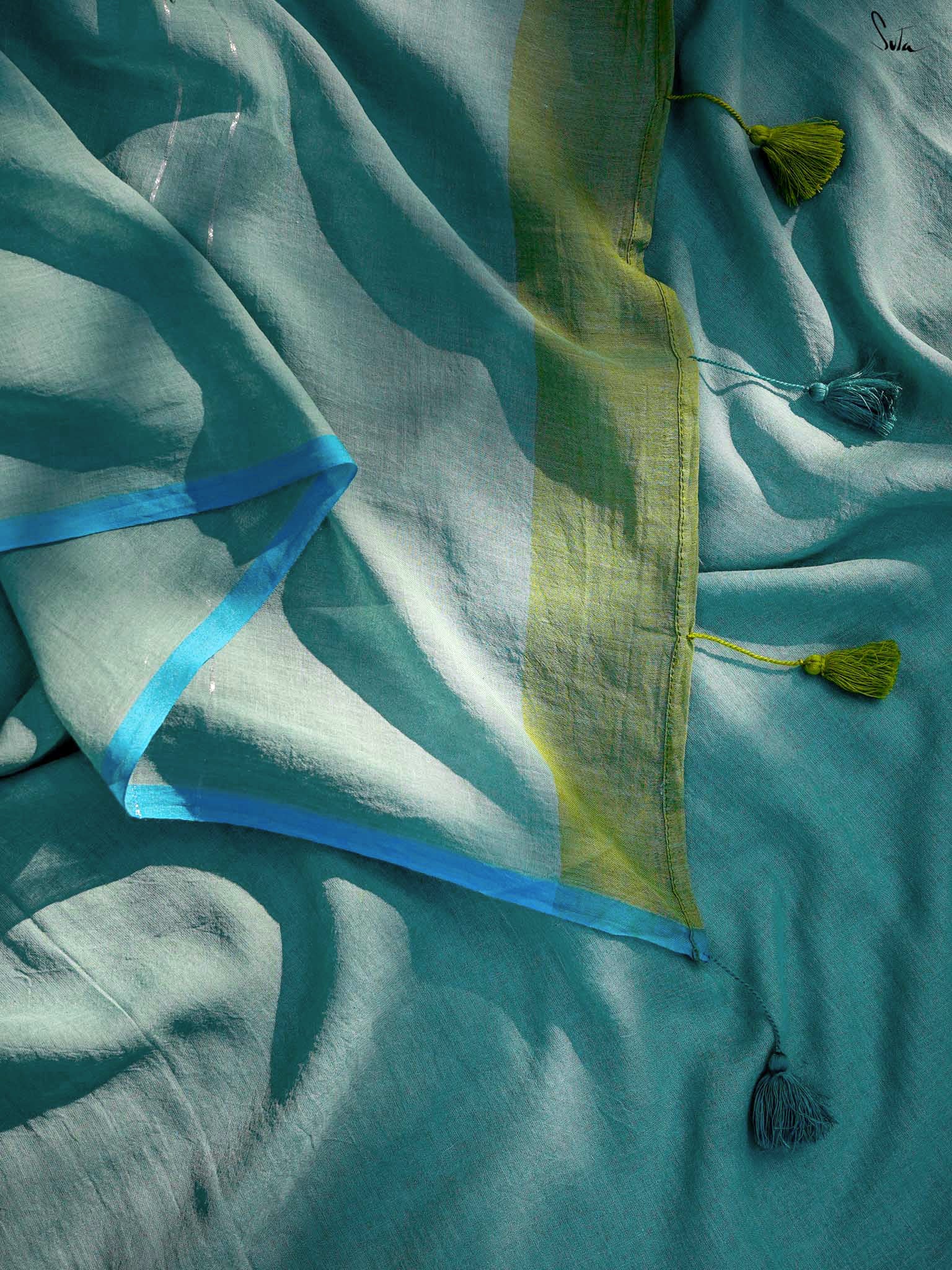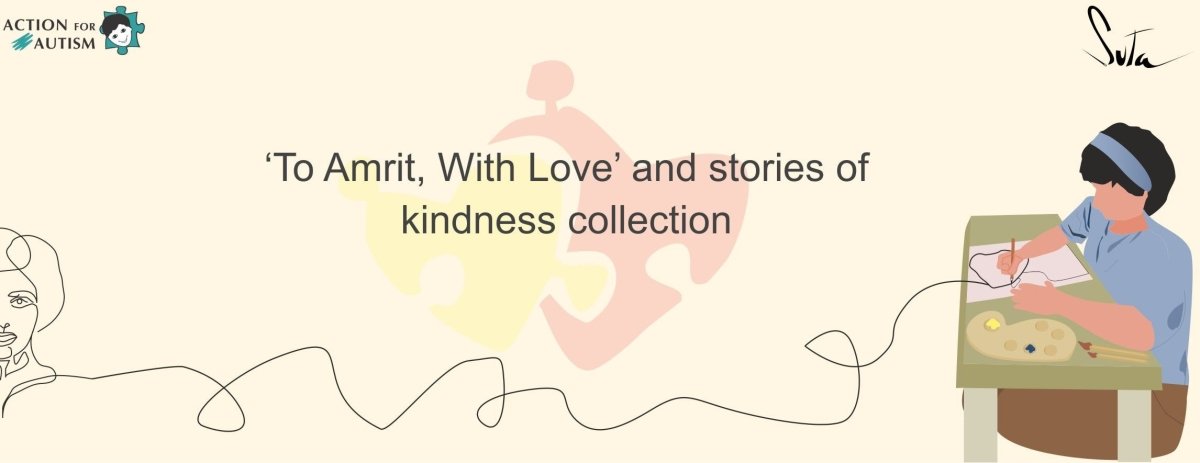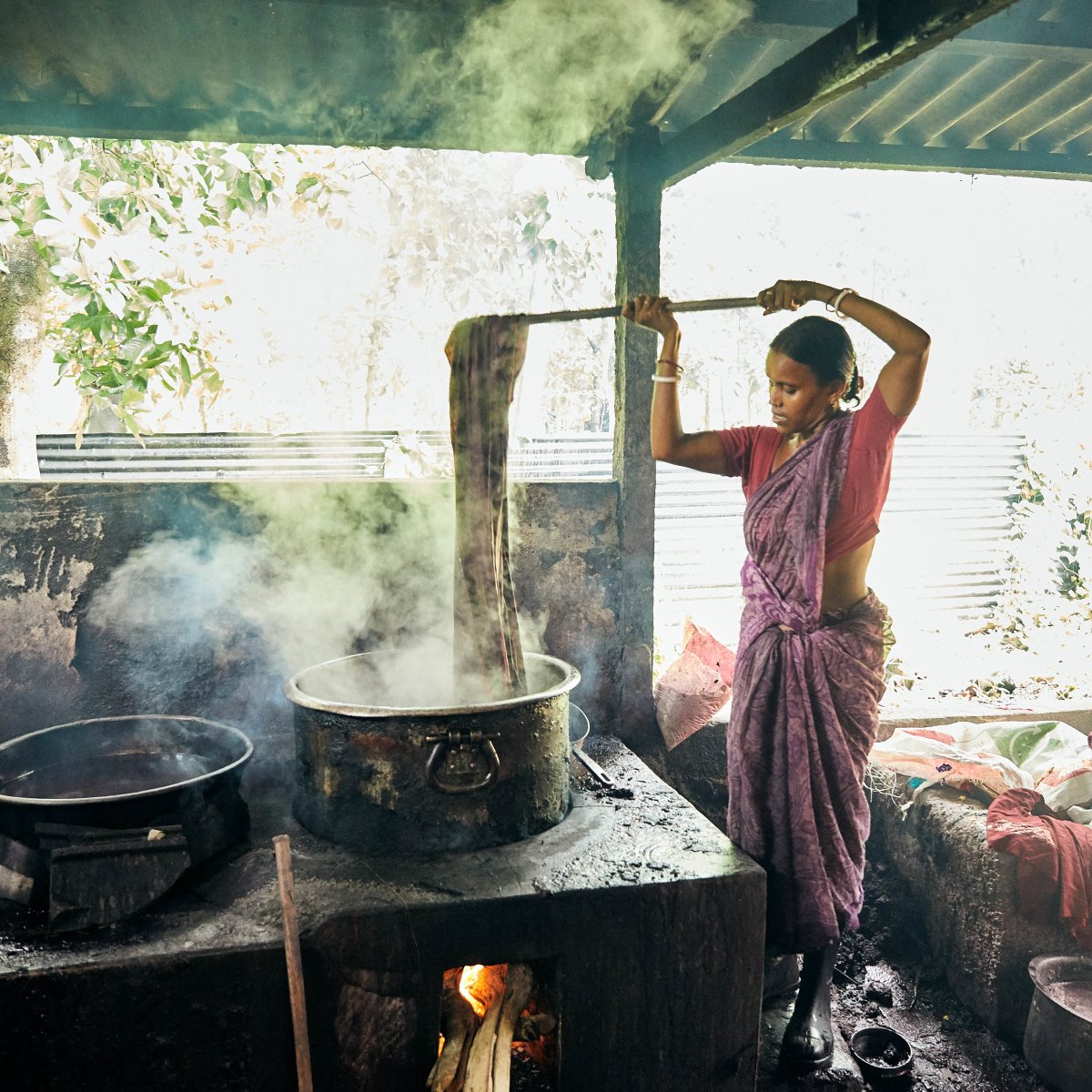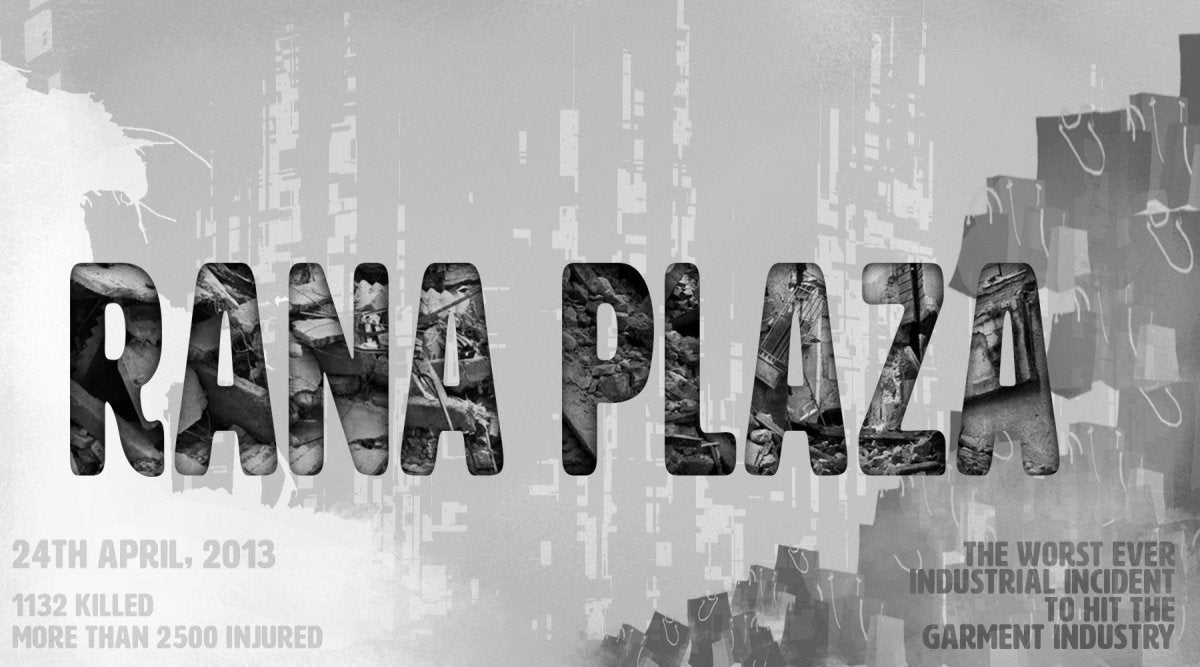
Rana Plaza- A wake up call
A vast majority of workers in the garment industry are exposed every day to hazardous work environments and poor labor conditions mostly for the lowest wages. As the world awoke to this tragedy, amidst the chaos and turmoil, tons of important questions started running through my mind: What went so horribly wrong? What could’ve prevented it? What phenomenal changes and improvements does this industry sector need? How can we provide for better working and living conditions to employees and their families all over? I’m sure the list goes on and on…as I wish it did not. When the harsh reality hits, it shakes us to the core.
To begin with, most of the factories do not meet basic standards required by building and construction legislation. Shoddy construction? A building with too many floors? Too heavy equipment for the structure to withstand? All of the above? In the absence of a well-functioning labor inspection system and appropriate enforcement mechanisms, decent work and life in dignity are still far from reality. As a result, deaths from fire incidents and building collapses are frequent. Access to some form of financial compensation or support for dependent family members who lose their breadwinner can also make the difference between life in dire poverty, where children and older people are forced to work to survive, and life at or just above subsistence level. Despite the magnitude of the losses suffered by these victims and their survivors, no compensation was paid in application of the labor code provisions on employer liability. A small number of global buyers and local marketers made some payments to victims in the months following the disaster, albeit on a voluntary basis. But is that all? Years after what we know as the deadliest incident in the garments sector, we see limited progress. Of course, the government rushed to improve safety measures, human rights and labor advocates called for greater accountability and transparency in the industry, people were even charged with murder in the building collapse. But still, is that all we can do to bring about a change and give everyone a better chance at a healthier and safer life? It’s NOT.
In the wake of the tragedy, the ‘Fair Trade’ movement has also drawn the attention of the European Union Institutions to the need to adopt a comprehensive approach across the garments supply chain, with the goal to ensure fair trading conditions across the supply chain. But, there is a problem. Fairtrade cannot help all workers. Some poorer or remote farmers cannot organize and join up; others cannot afford the fees; still others will be working for larger producers who are excluded from many Fairtrade product lines. Against that background, "Fairtrade absolutism" does not sit well. However, at Suta, we have employed at least 14,000 weavers and artisans from various remote parts of the country, both men and women. Our biggest achievement as a brand has been how we managed to bring rural women into a formalized workforce. Earlier we noticed that as much as weaving is a family activity, women folk were not recognized as individual contributors in many clusters and the payment would go to the men of the house directly. Taking one baby step at a time, we singled out their contributions and started paying them salaries. Today, they stand on their own two feet, happy. Simultaneously, we work with both handloom and powerloom sectors and value them equally so that people who work with us aren’t limited to only one skillset. These people, resources – we meet them from time to time, we speak to them, try and find their needs, we see them – no, I mean we really SEE them as they smile a smile of joy, gratitude and content and that becomes our biggest reward along the way! A smile - now appearing on, now escaping from their faces - leaves a trail that captures their souls in those flickering moments. Passion and dedication fight fatigue with all their might and they are the best examples of that. Sometimes I wonder, are they even for real? Toiling tirelessly, relentlessly every day after taking care of their household chores, they still manage to pour in the last bit of their warmth on our clothes! They not only bring food to the table and a ray of hope to other women in their villages but also add sunshine and happiness to the lives of hundreds and thousands of us who wrap around our bodies their creations. How do you ever decide the cost of such exquisite handwork, each one consuming a month's intensive labor, when in reality they're rather priceless? Even then we try, we try to keep those smiles intact, and we try to keep adding more smiling faces in the process. And they know, they know because we tell them, we show them your faces that beam with pride as you make one of these pieces of art your own. So, is recognizing their talent, making them the best version of their independent selves, ensuring they get paid 20% above the market price and letting our tribe grow stronger and reach farther with every passing day – FAIR ENOUGH? Fair, it is but it’s still not enough. We’ve come a long way from just 2 weavers and a small space to a huge community of people, 2 office cum stores and 1 factory, but we’ve a longer more challenging road to cover – worldwide. May be then it will be nearly enough. Are you with us? Then it’s time to gear up. :)


